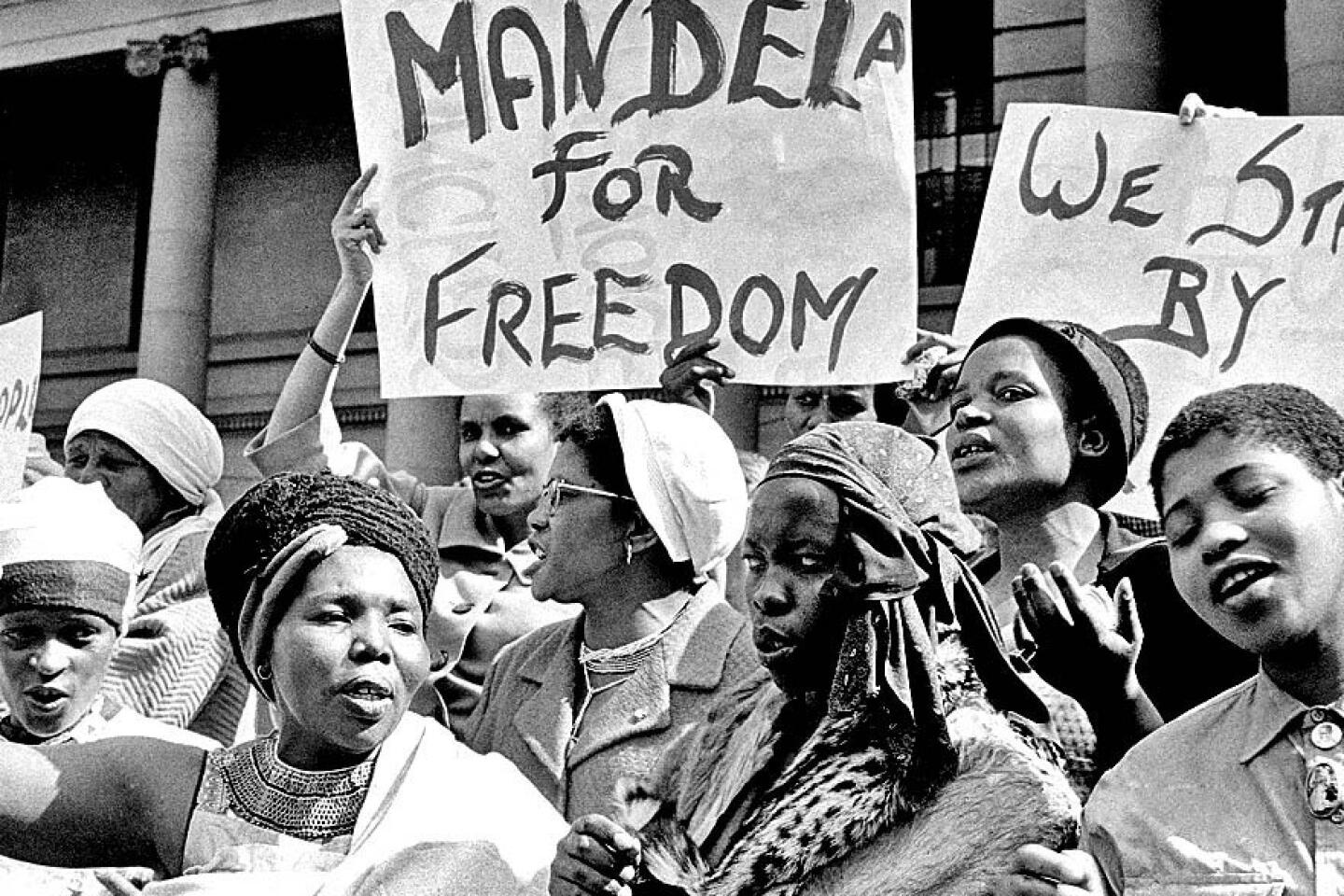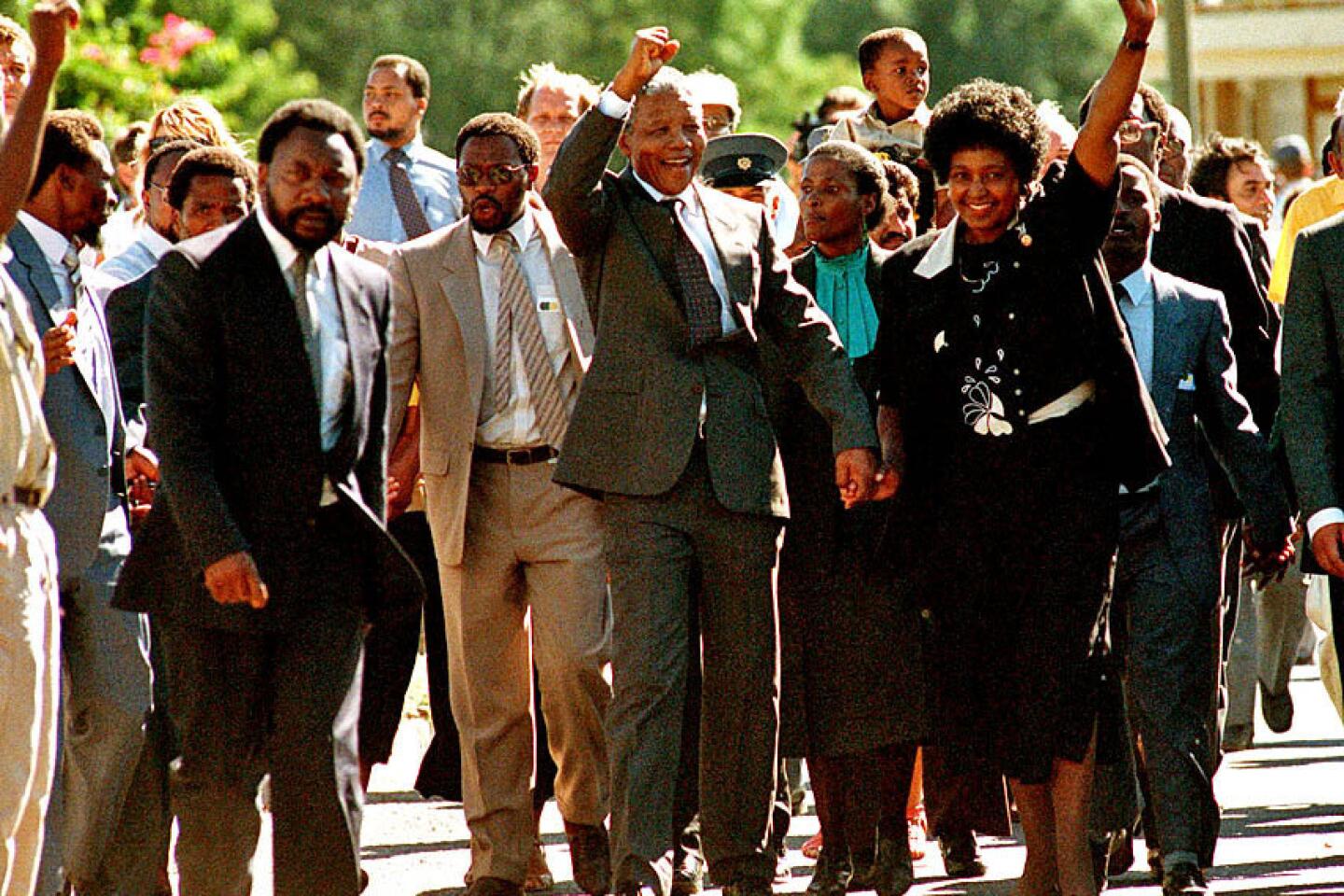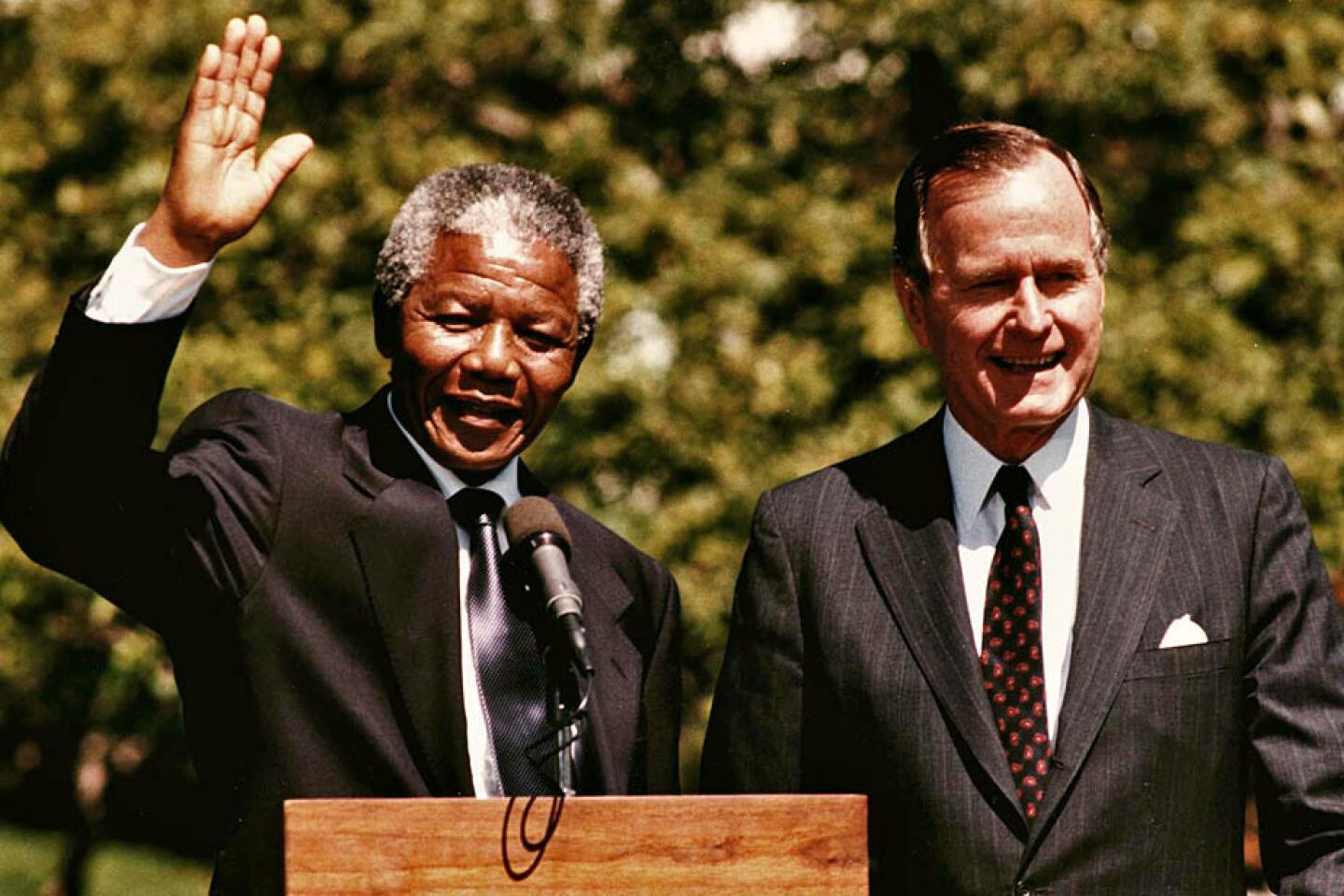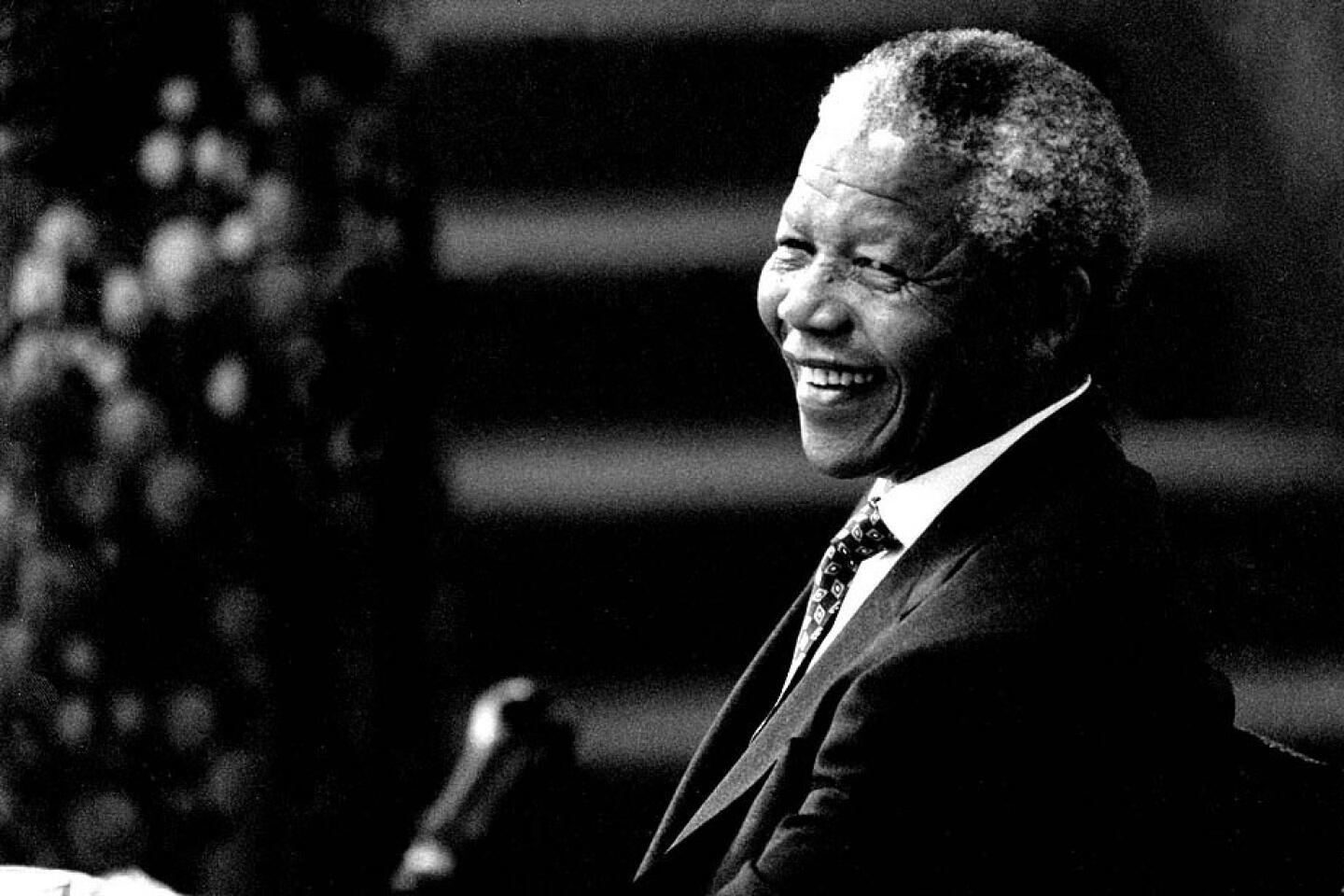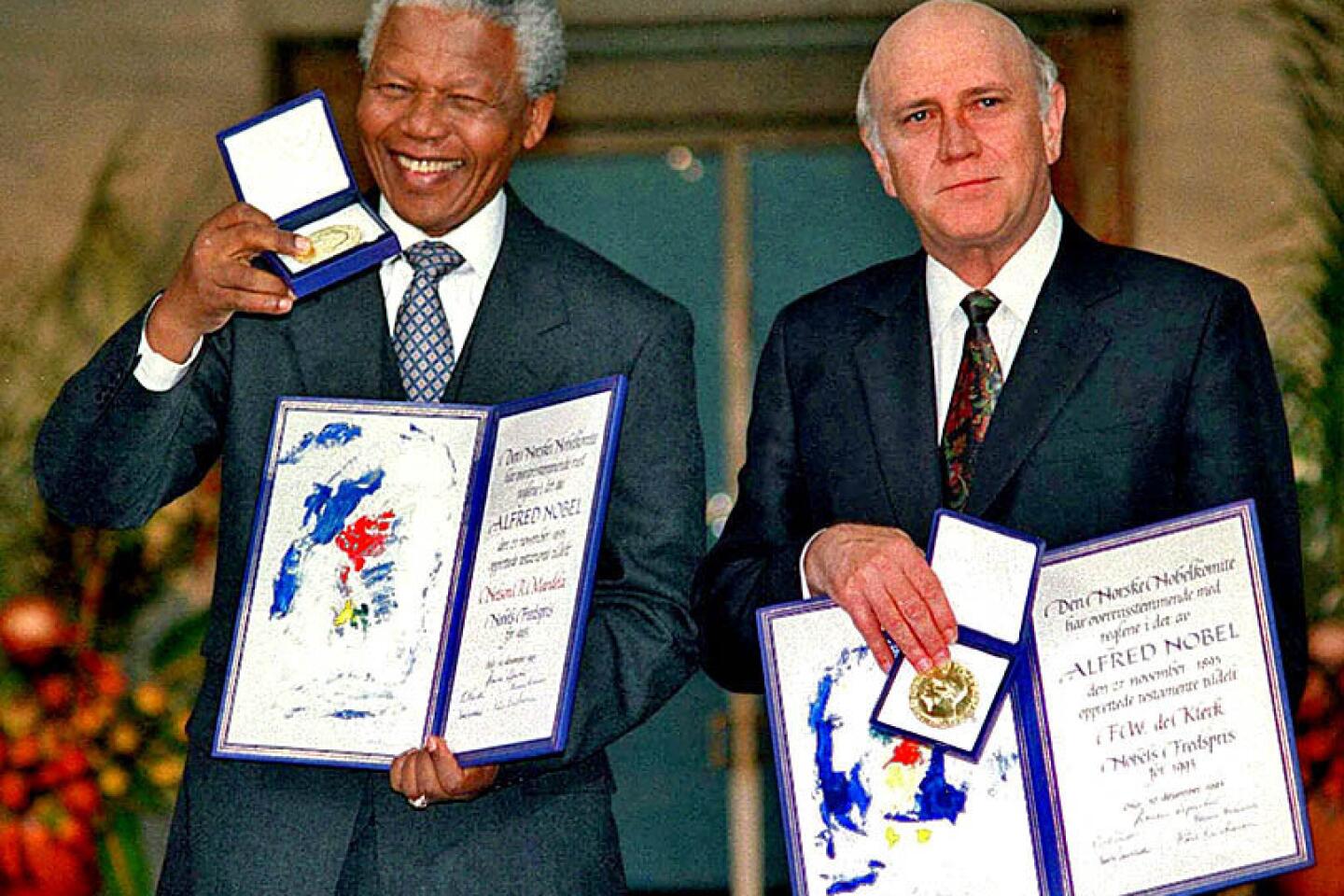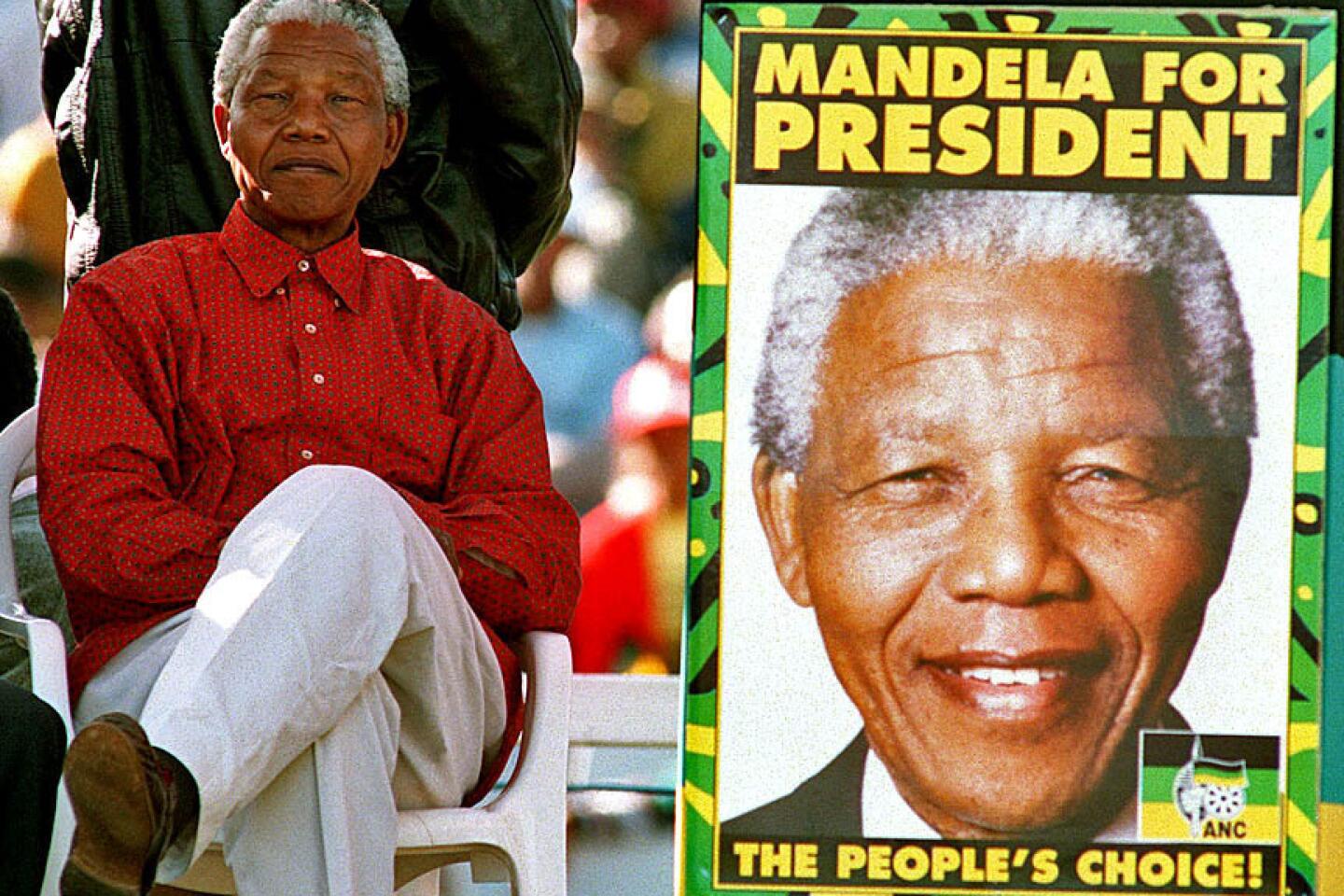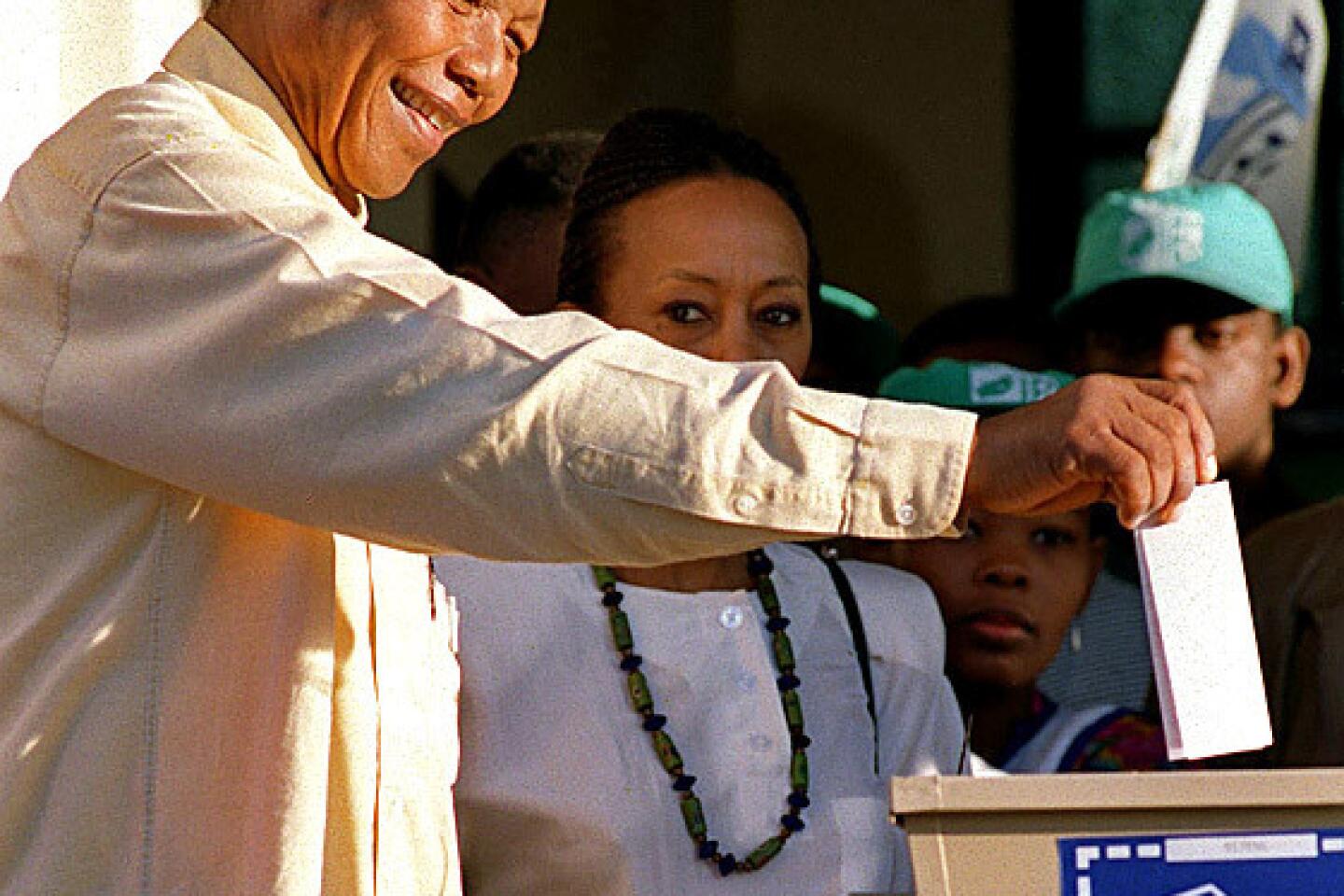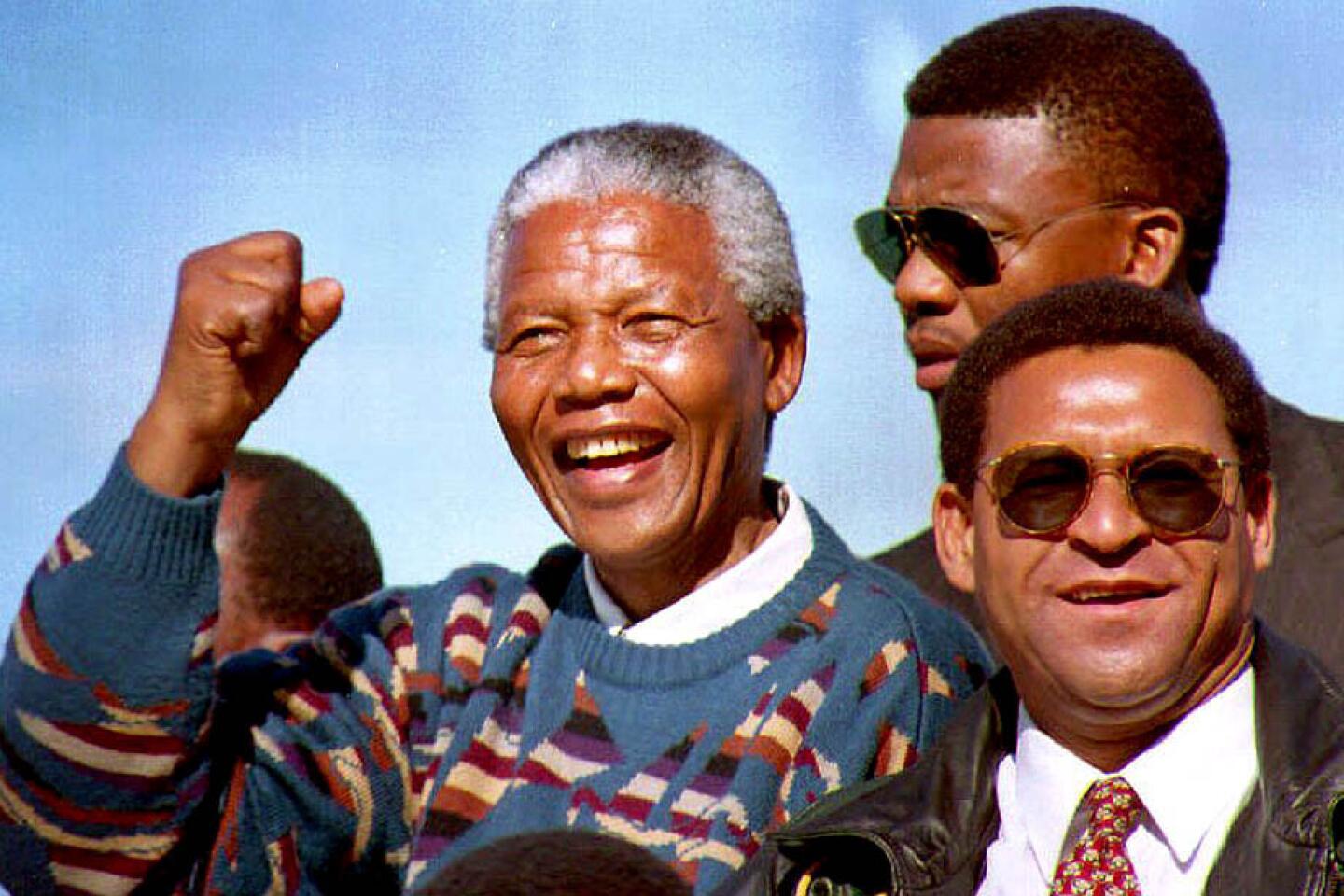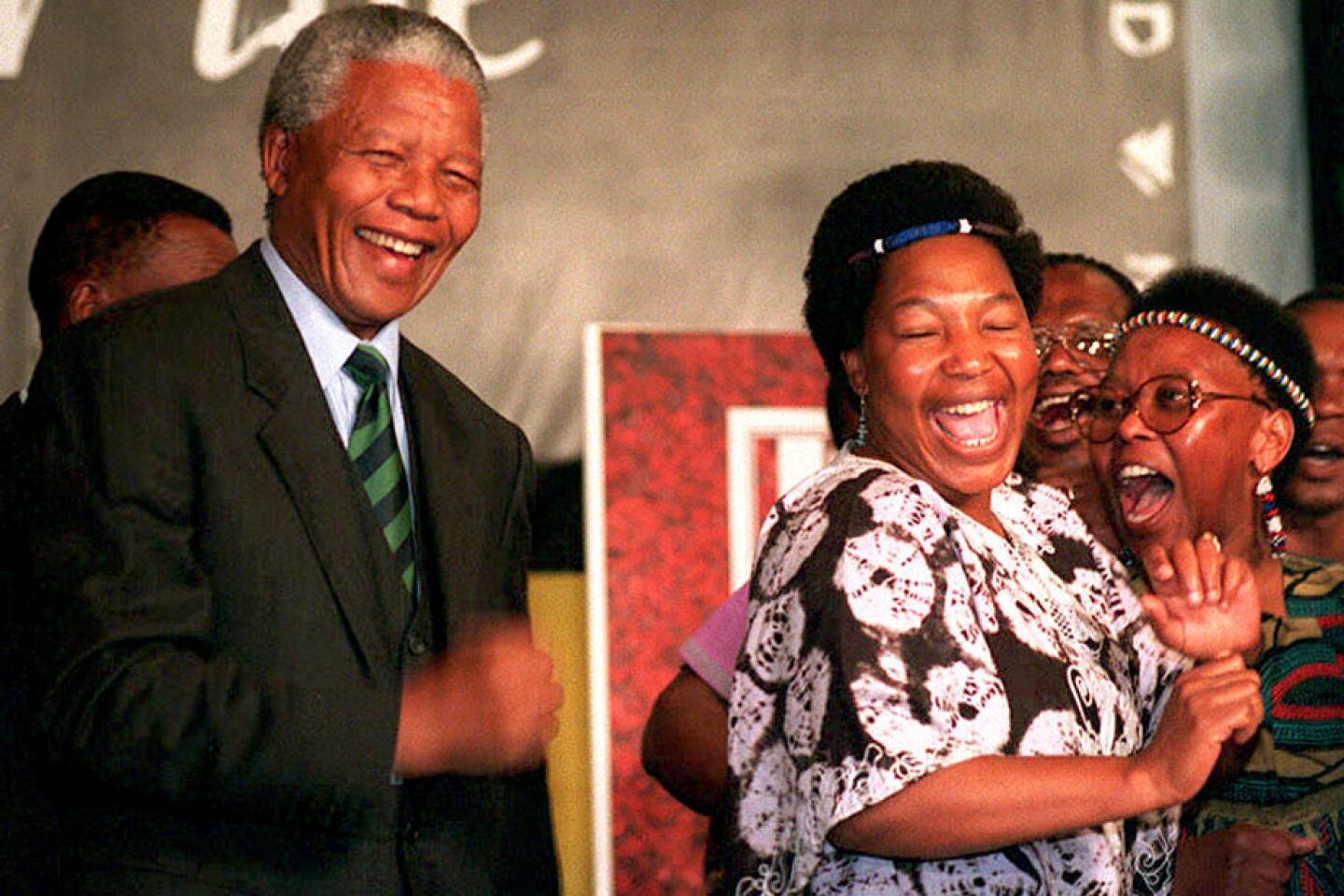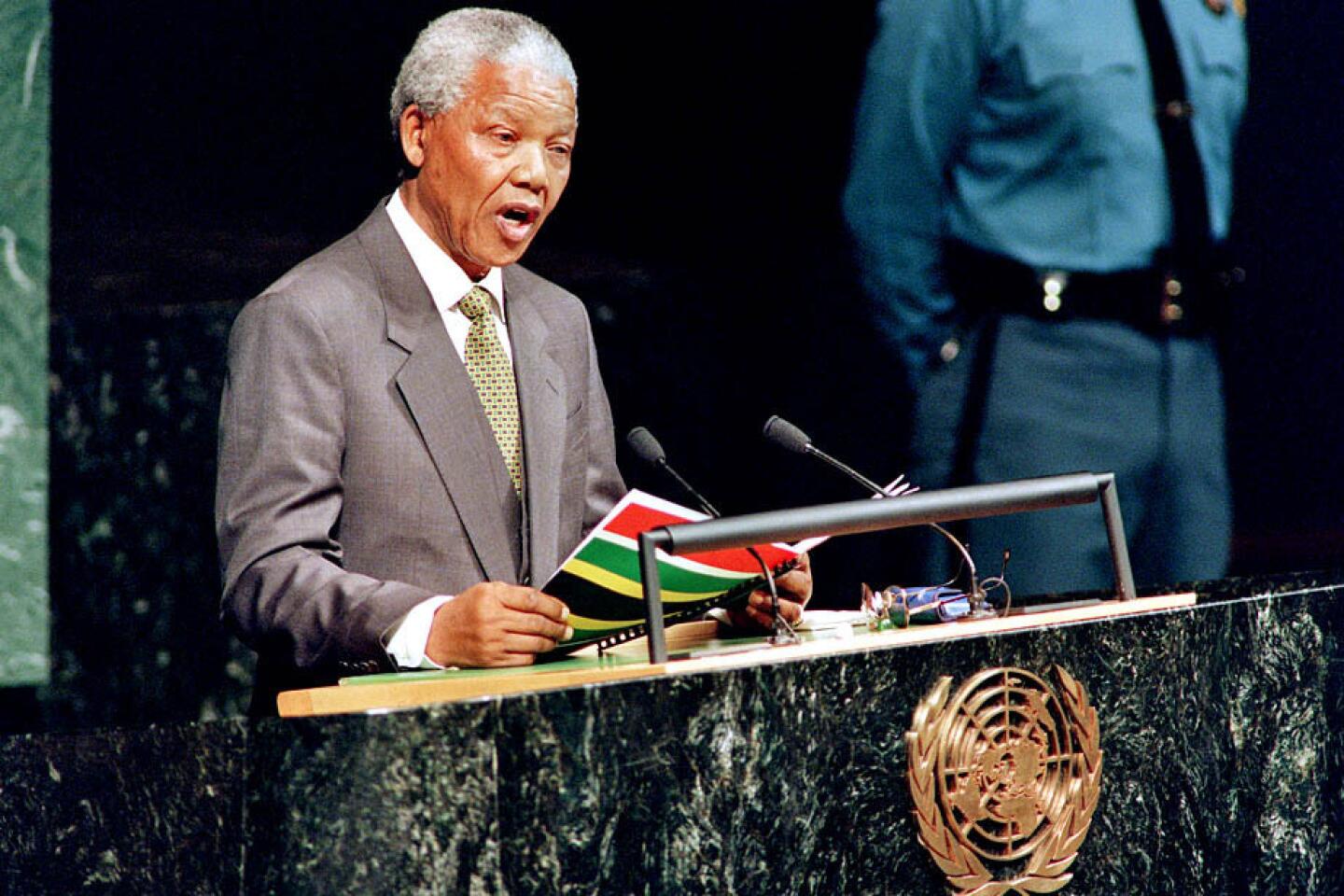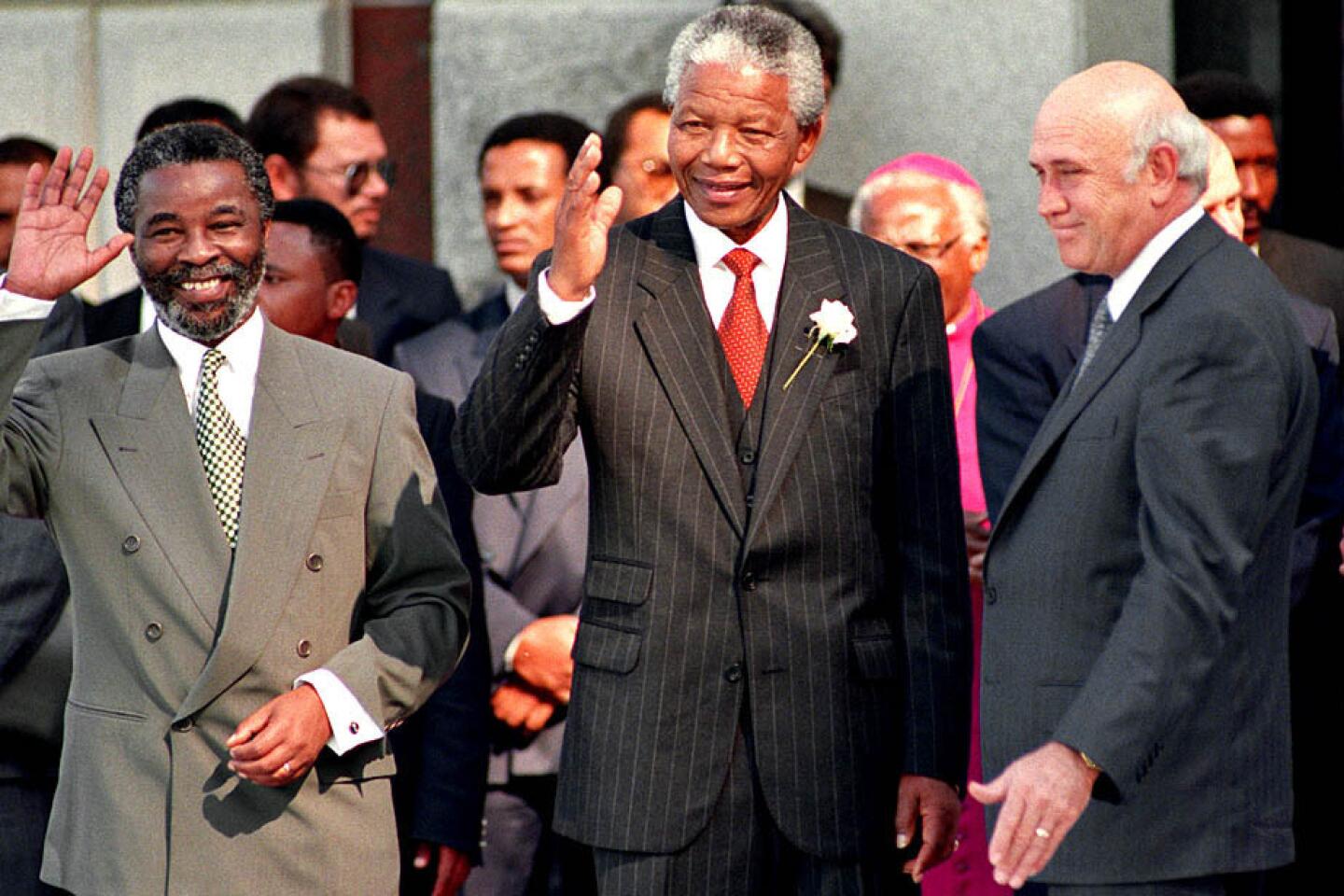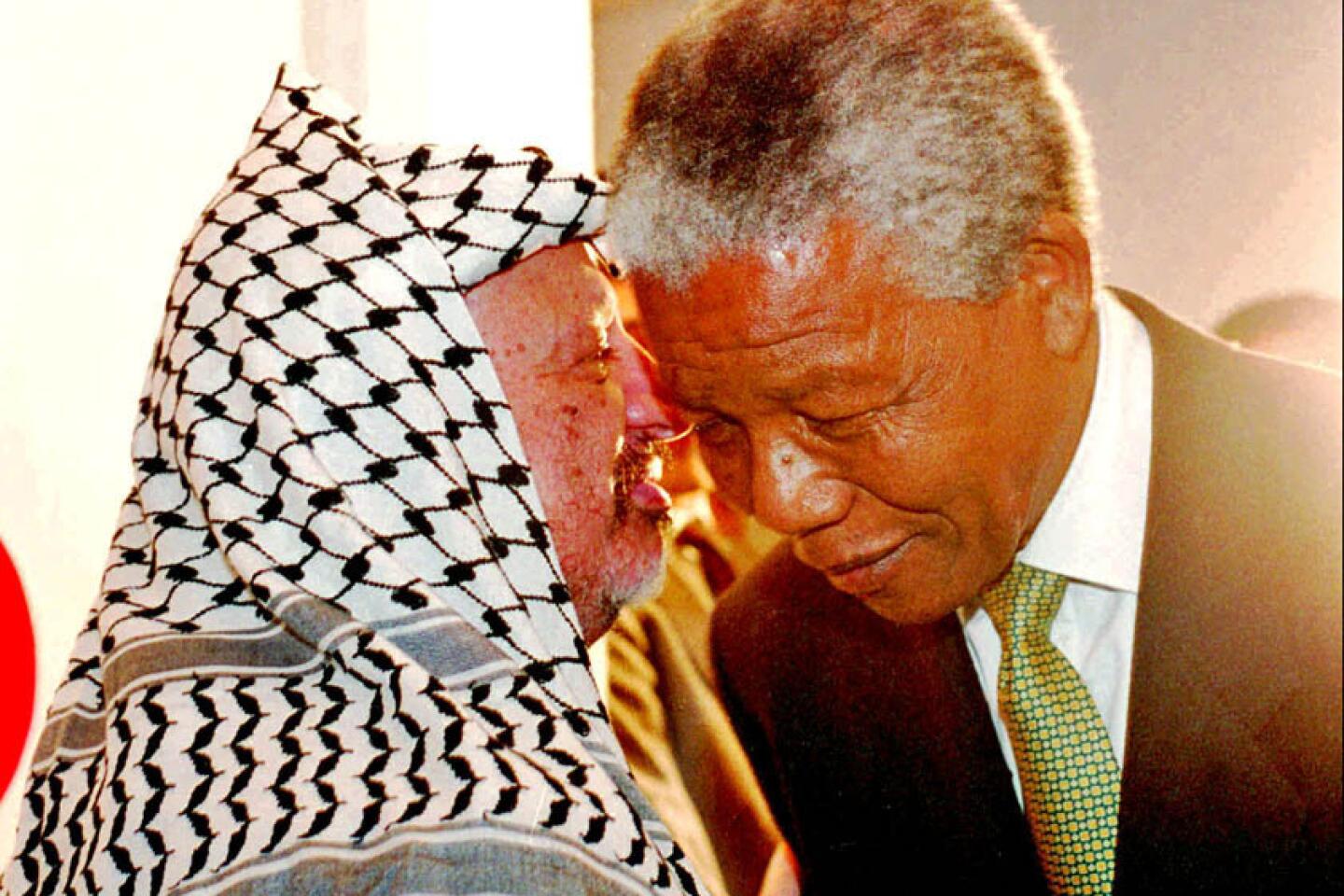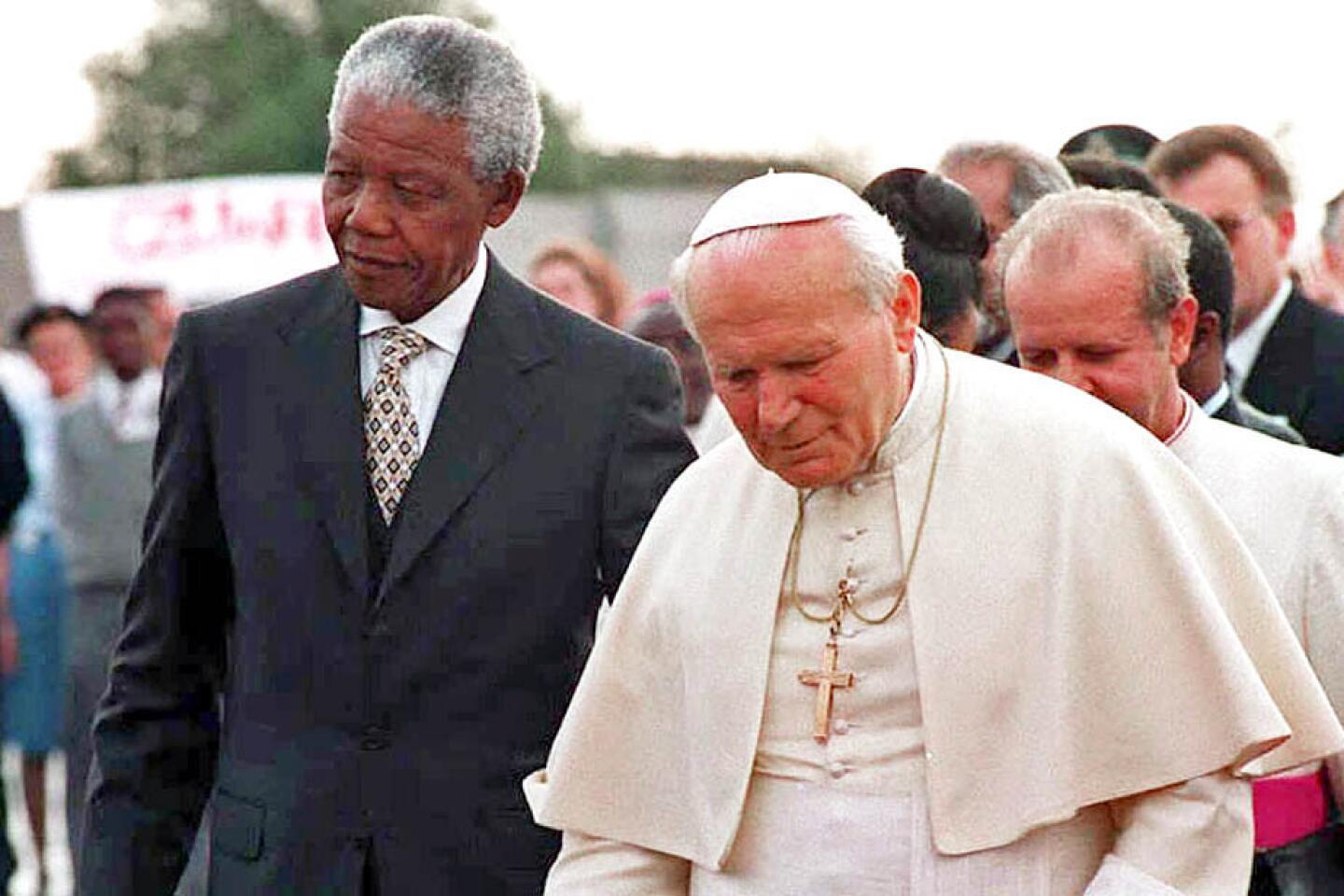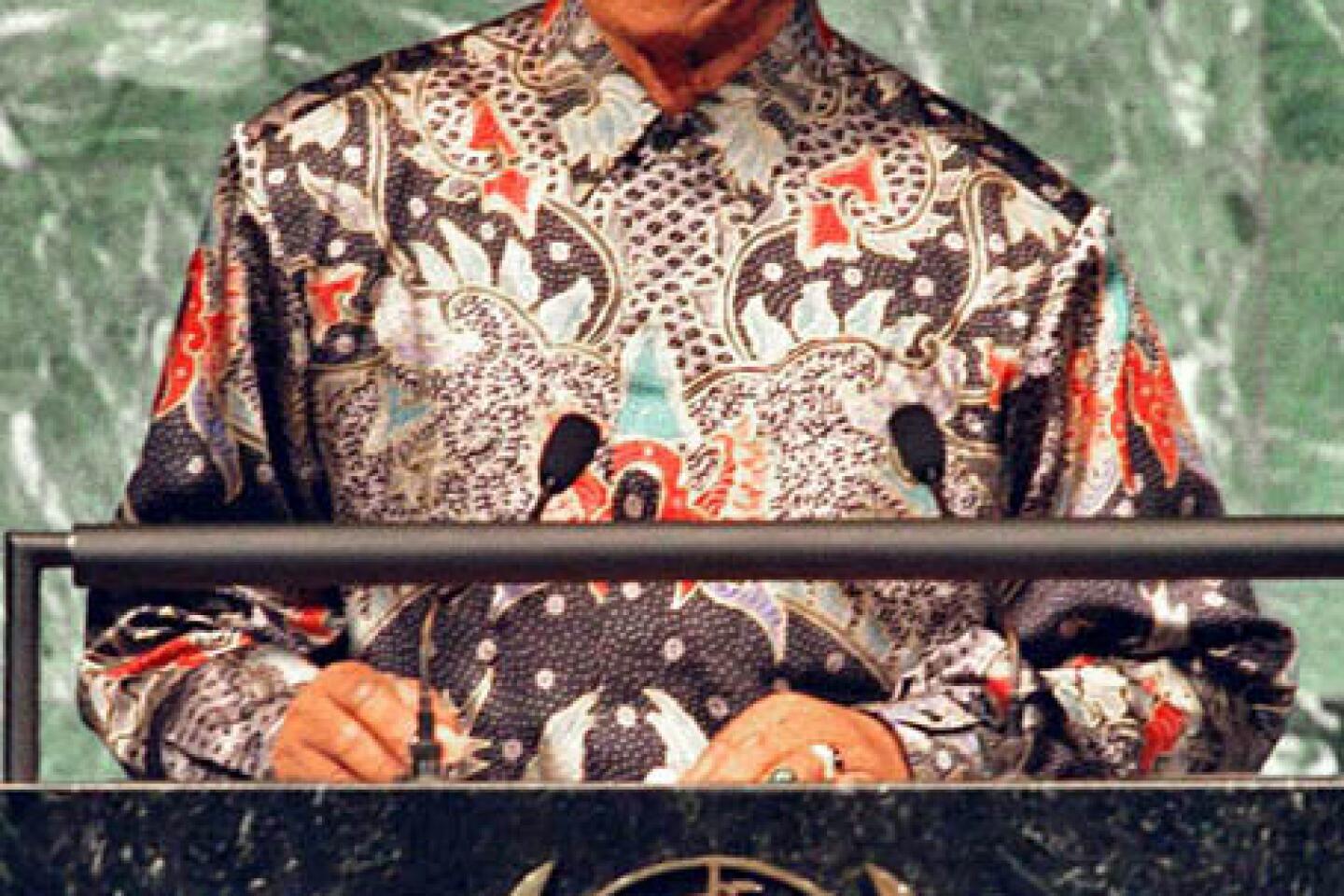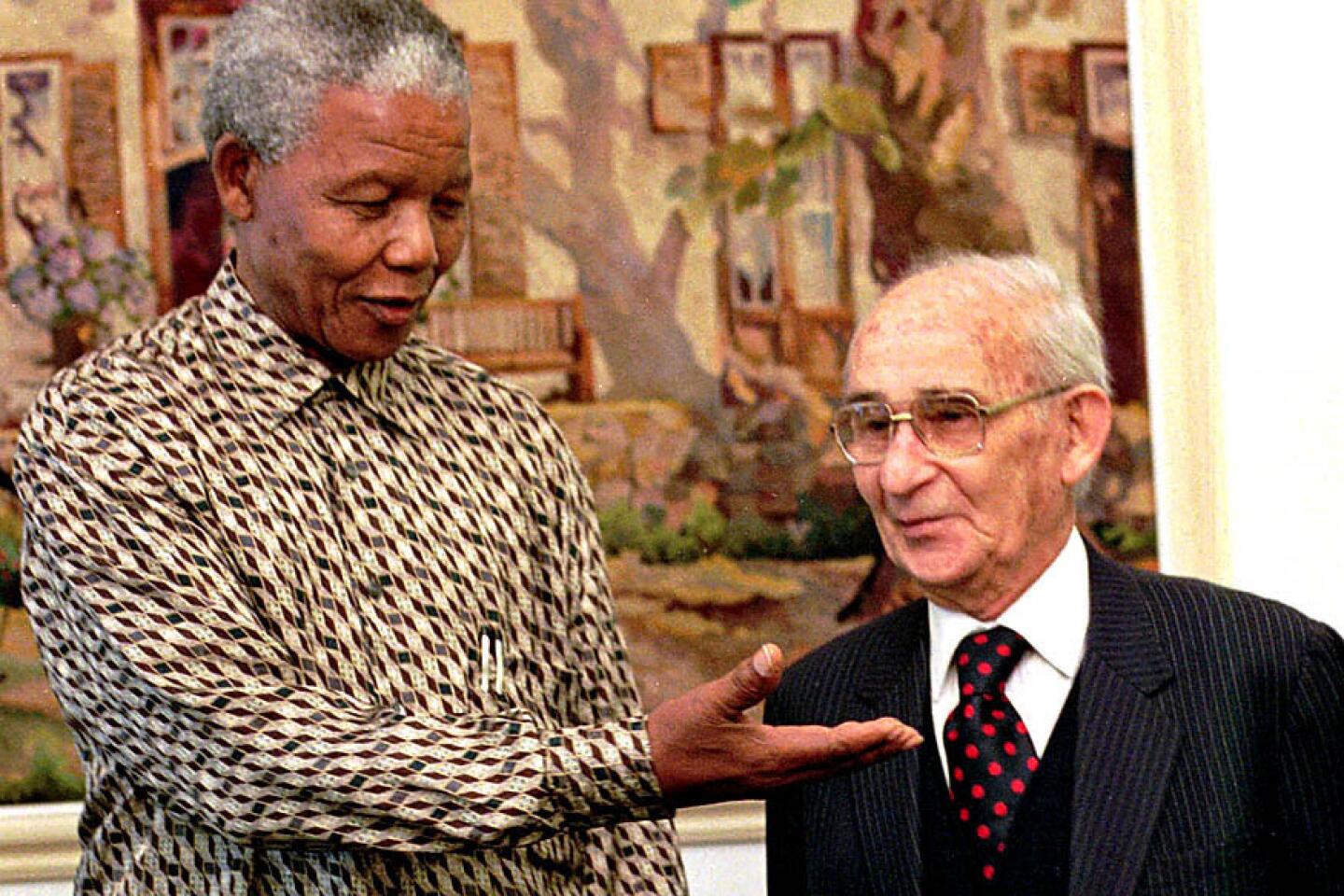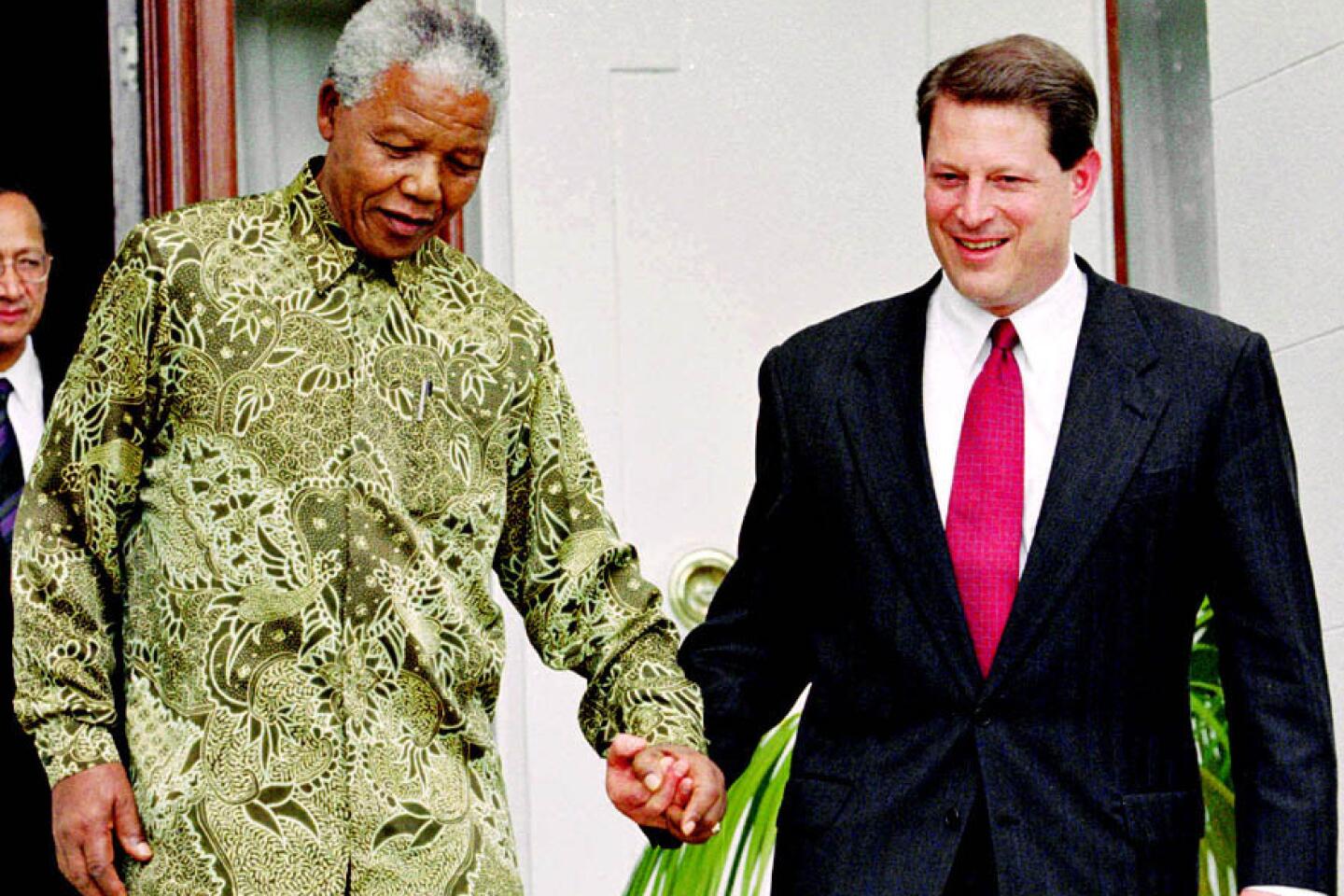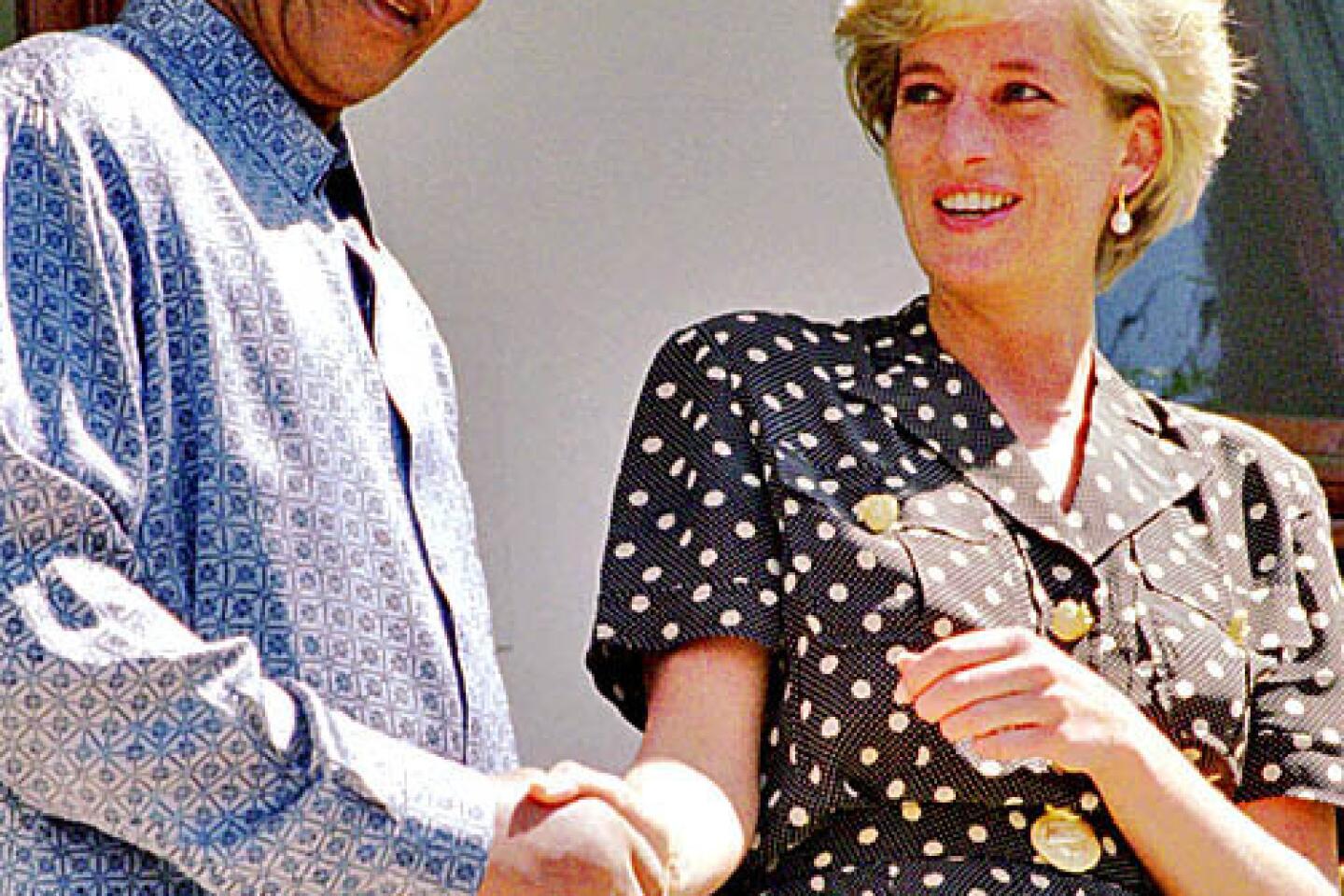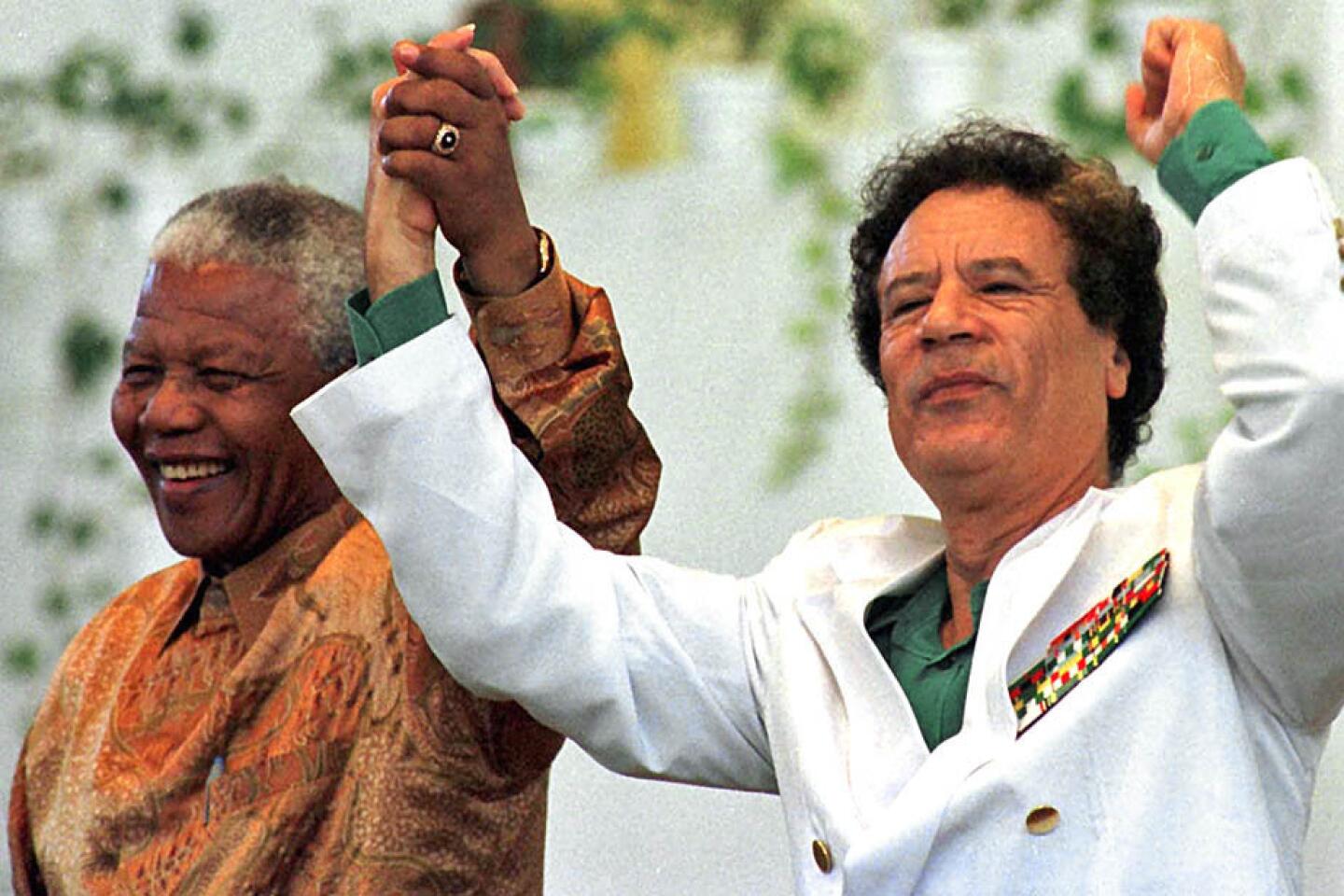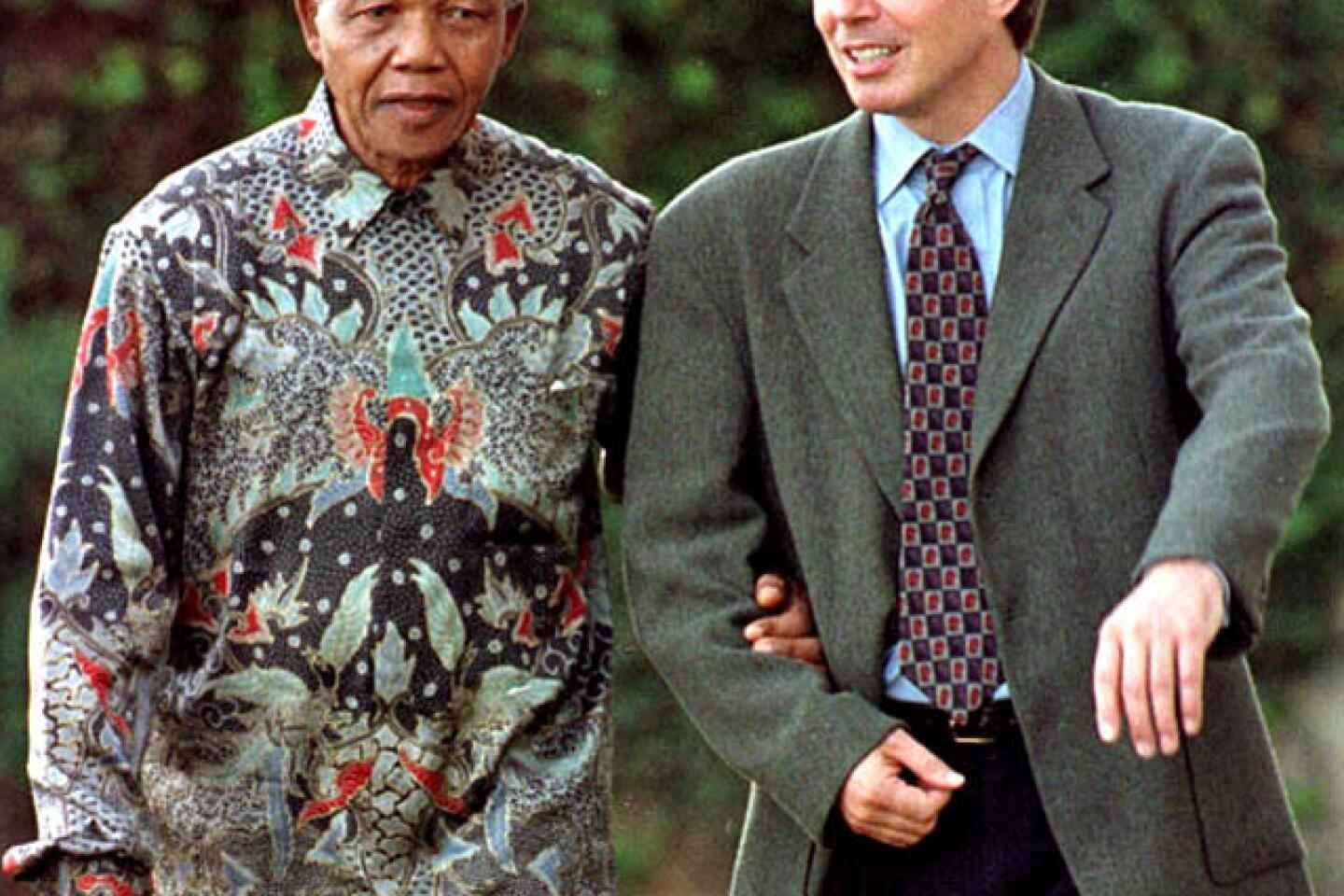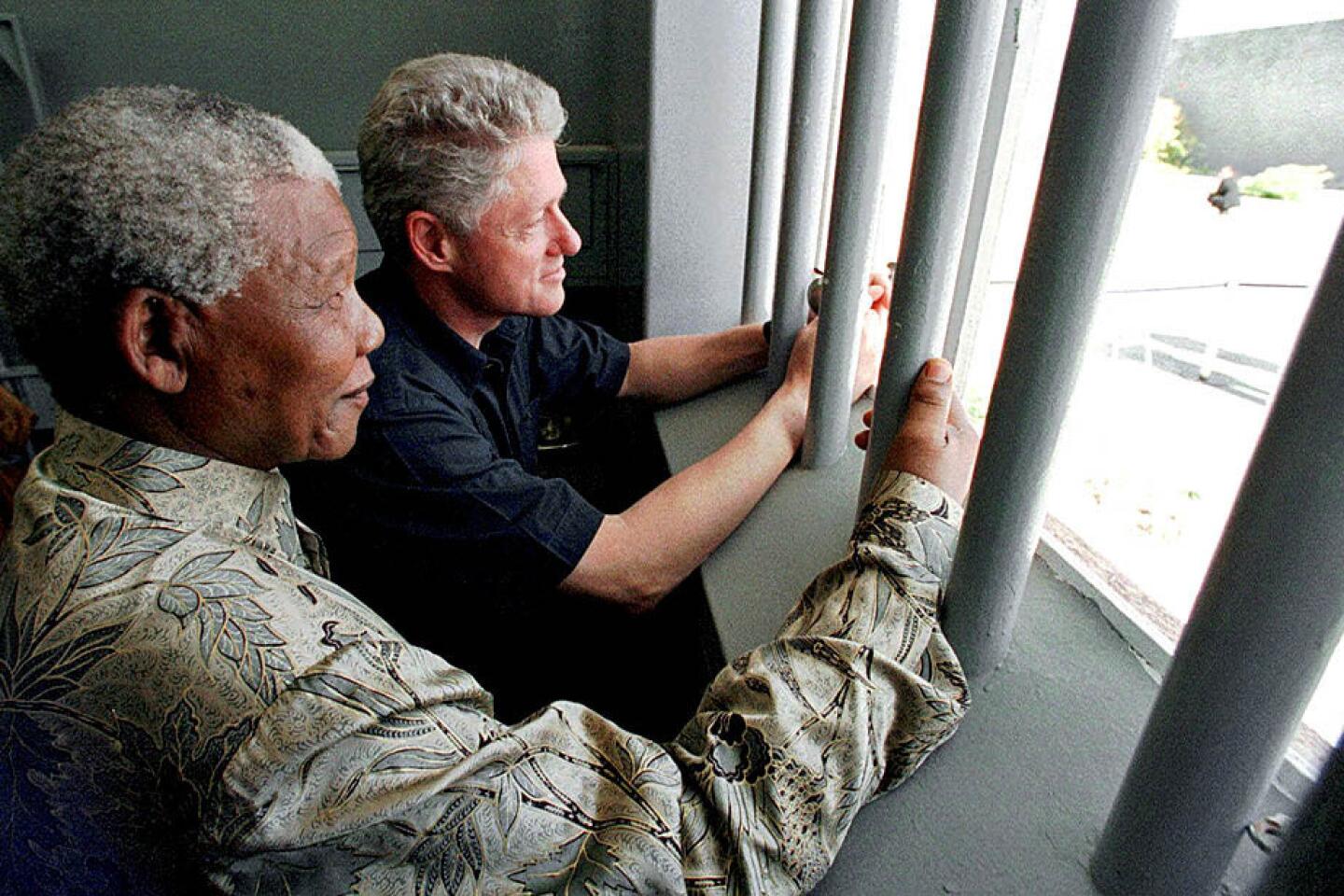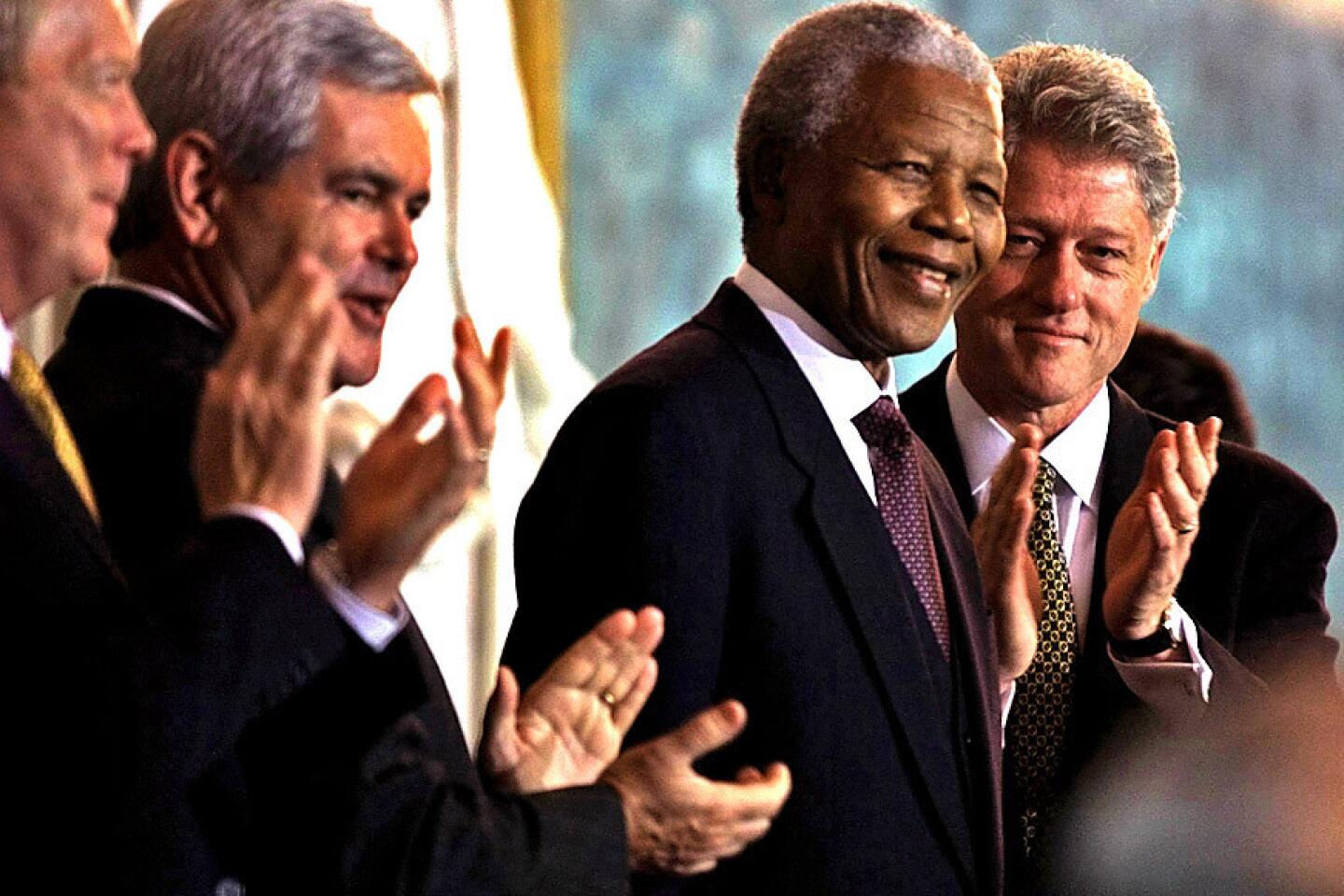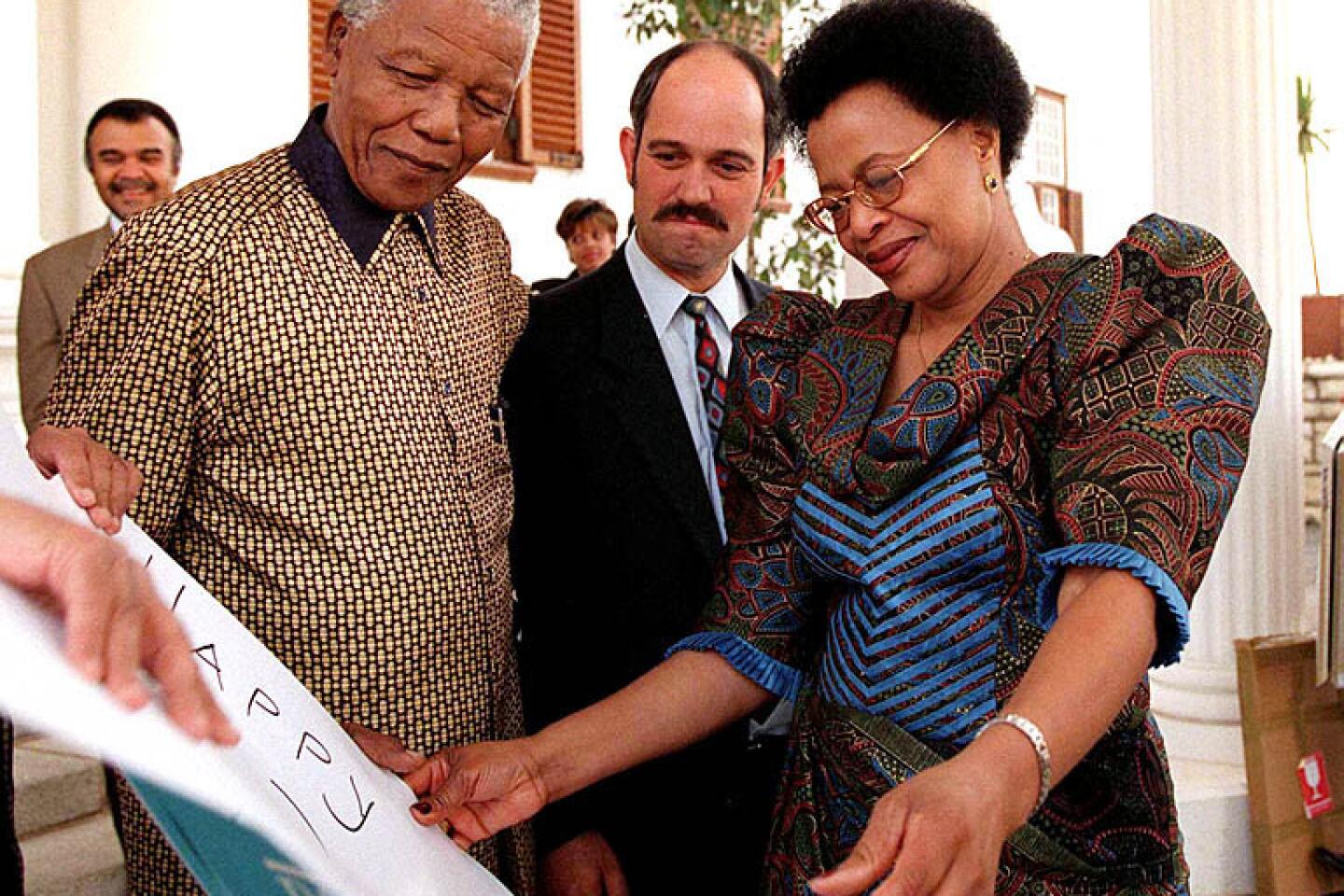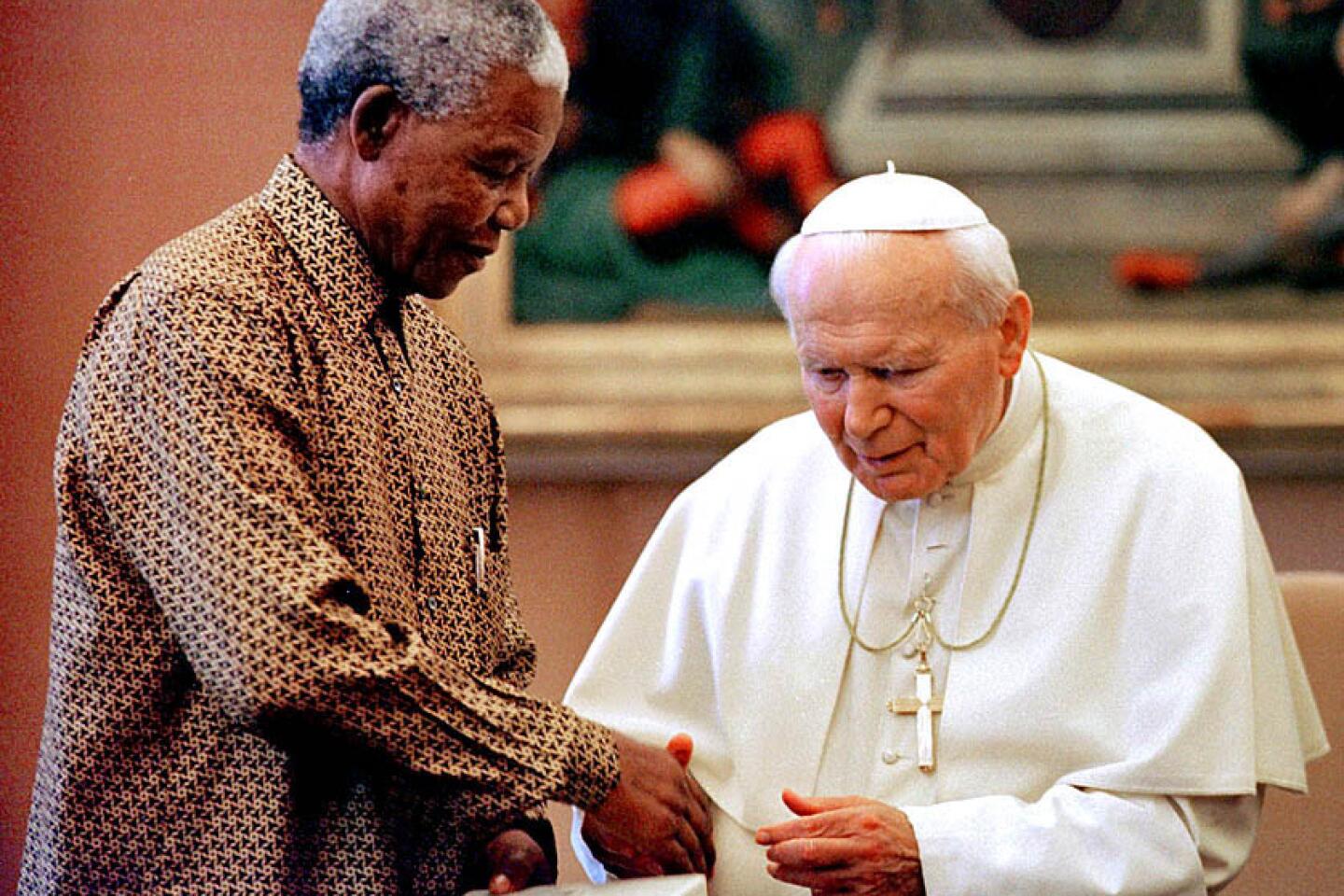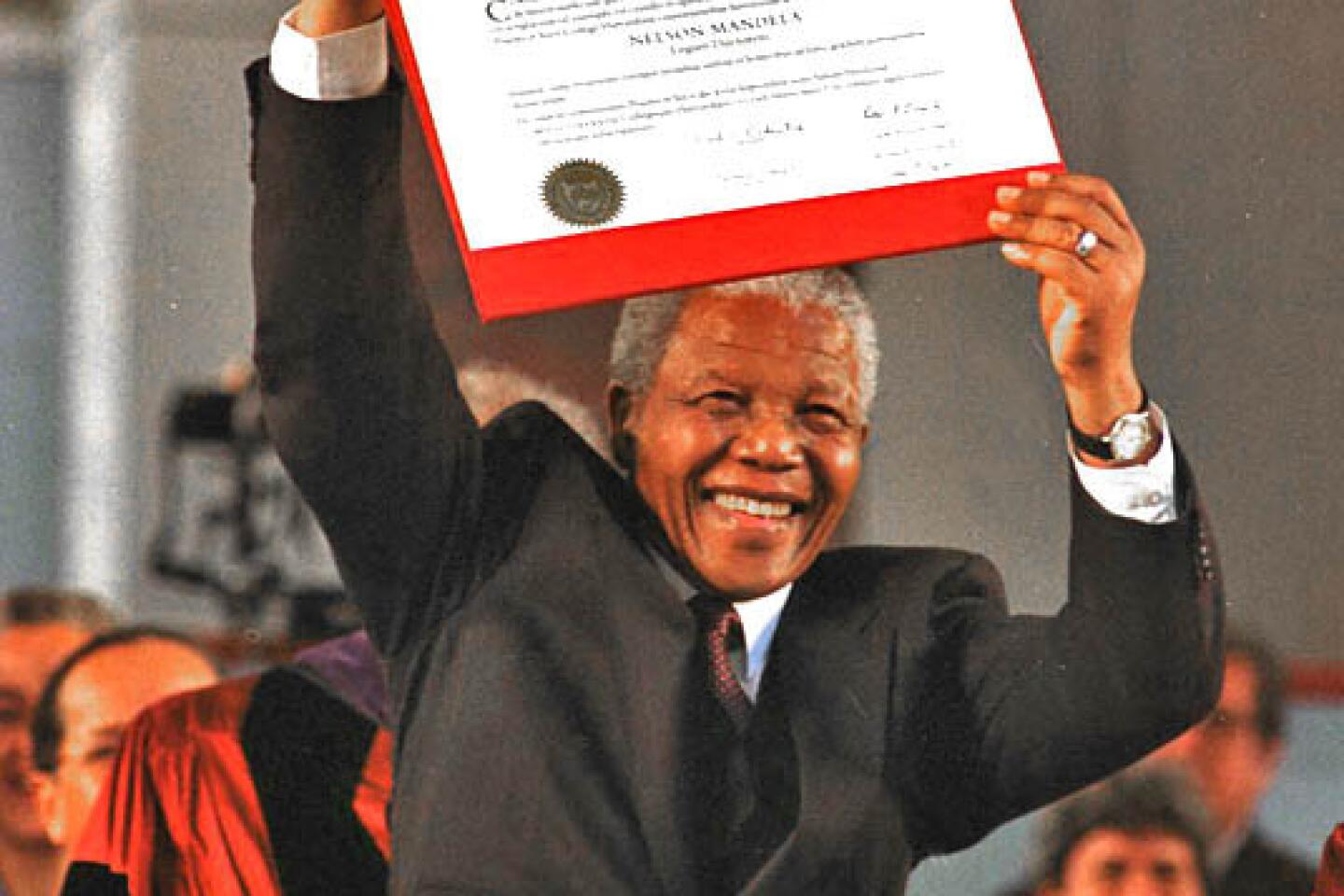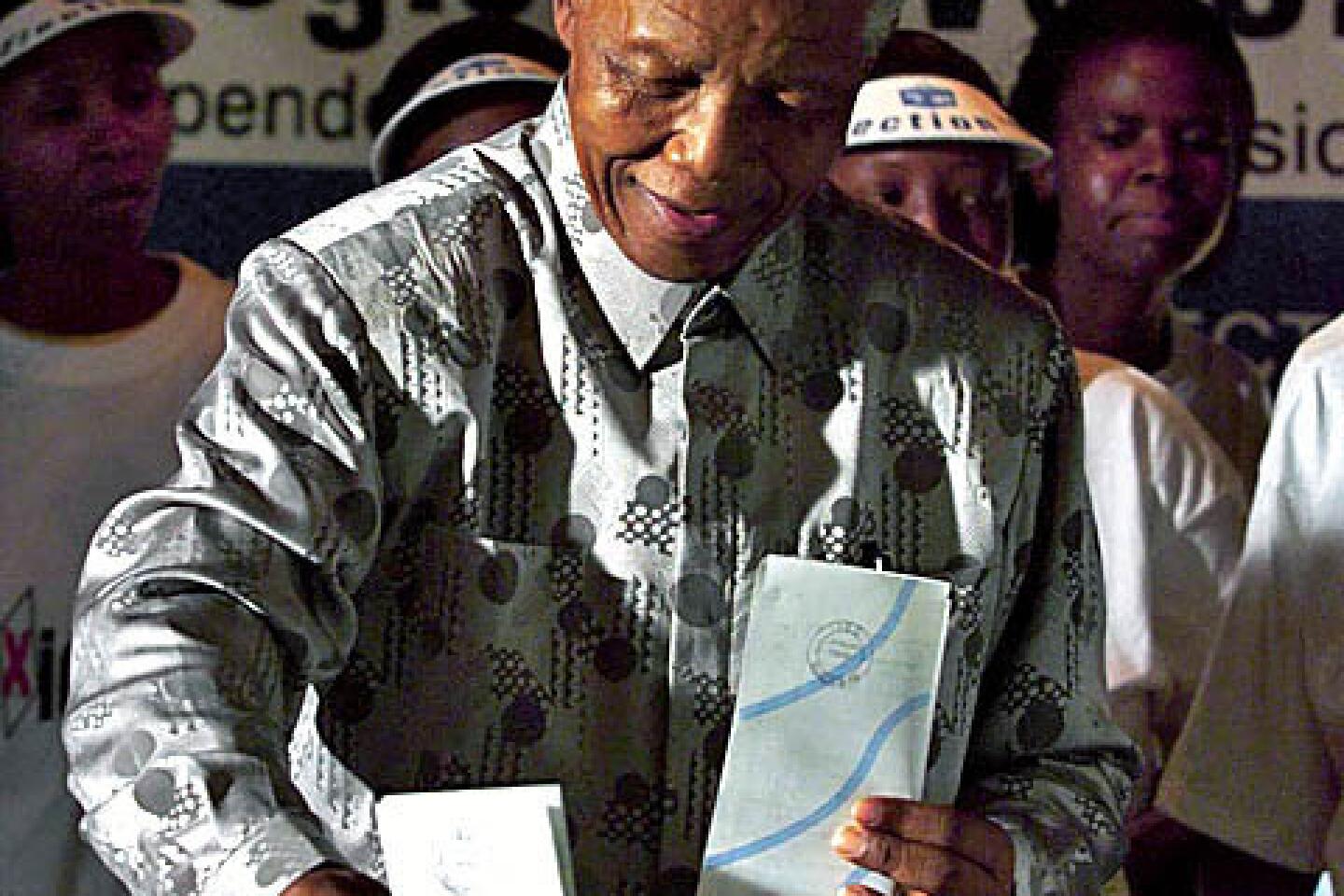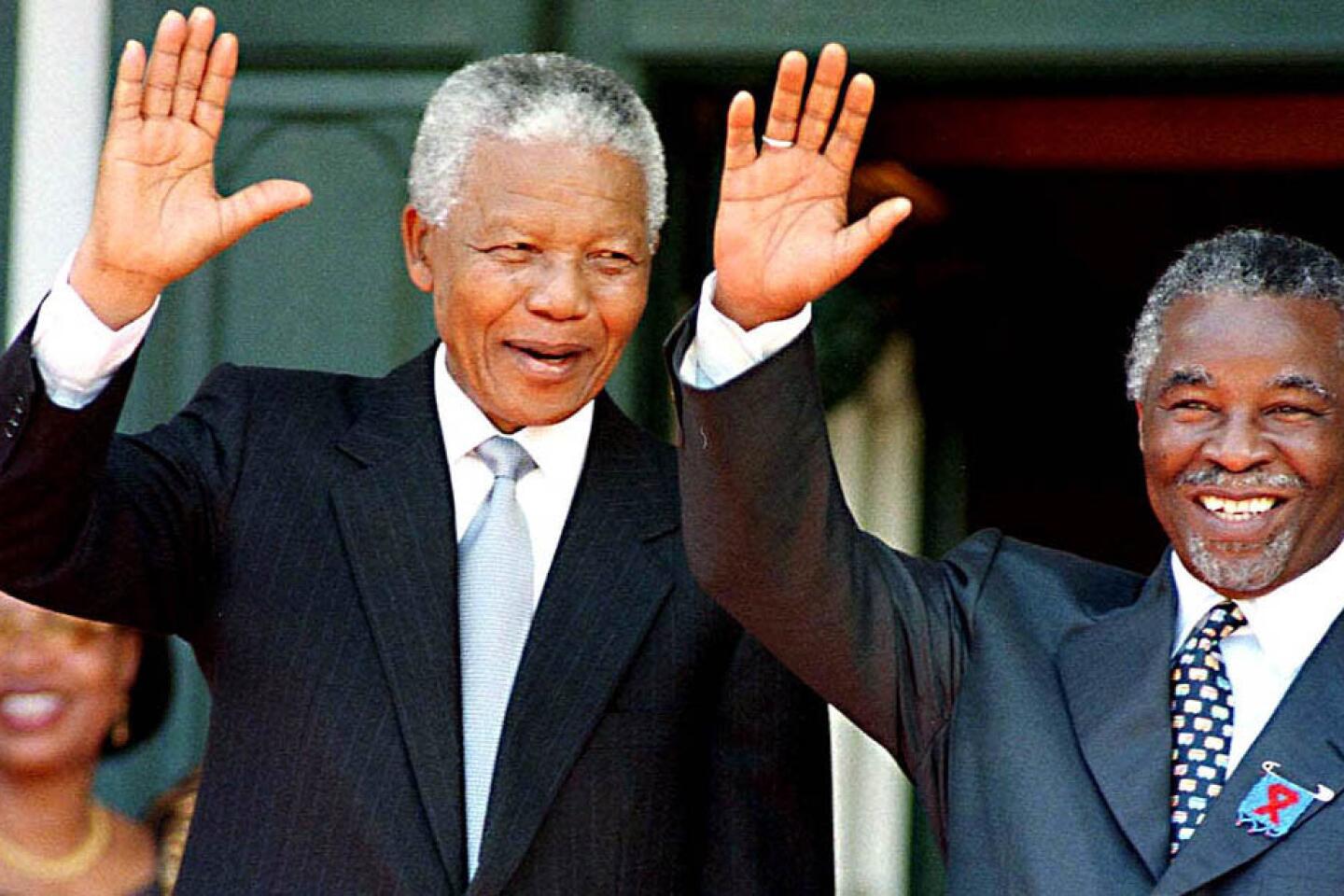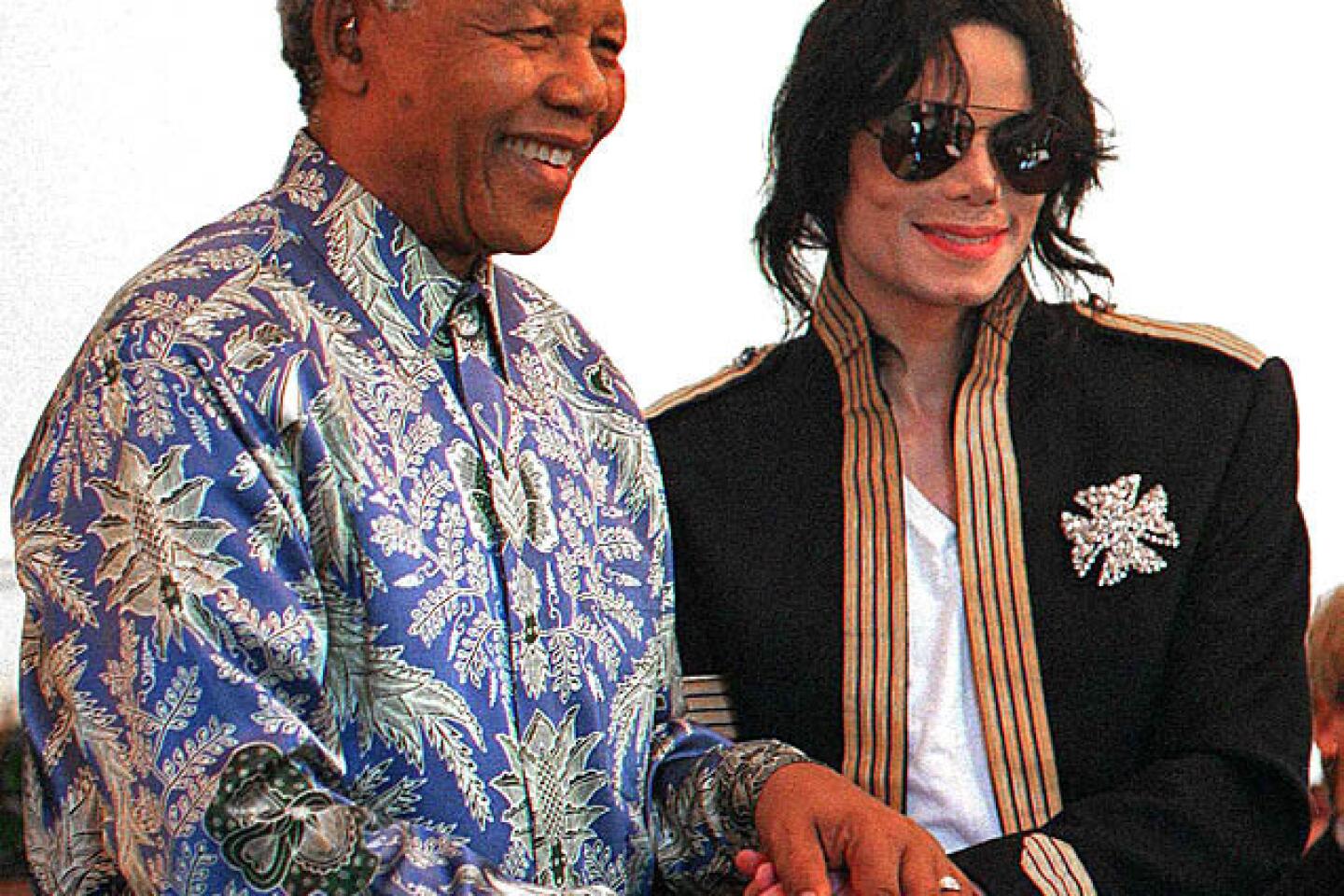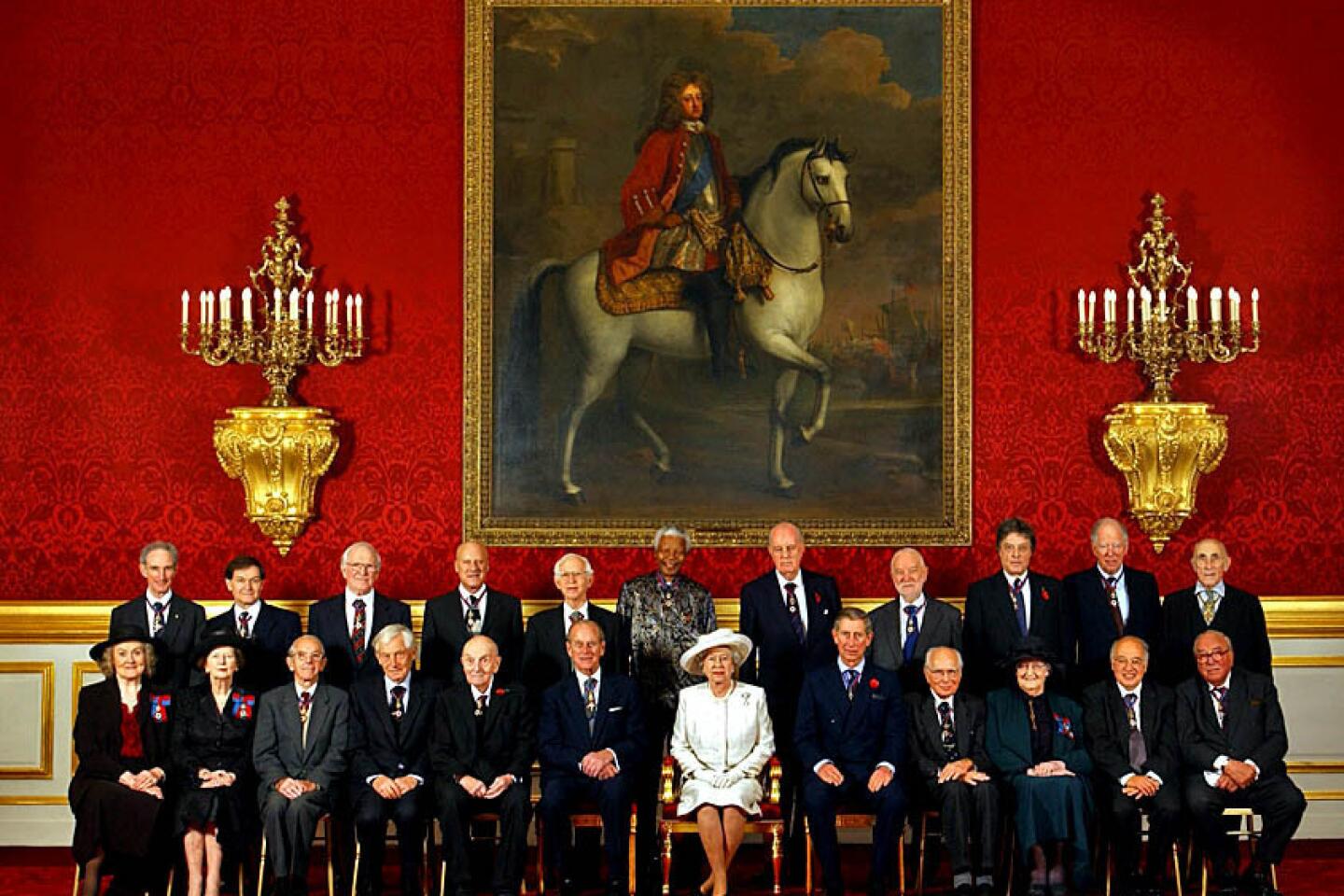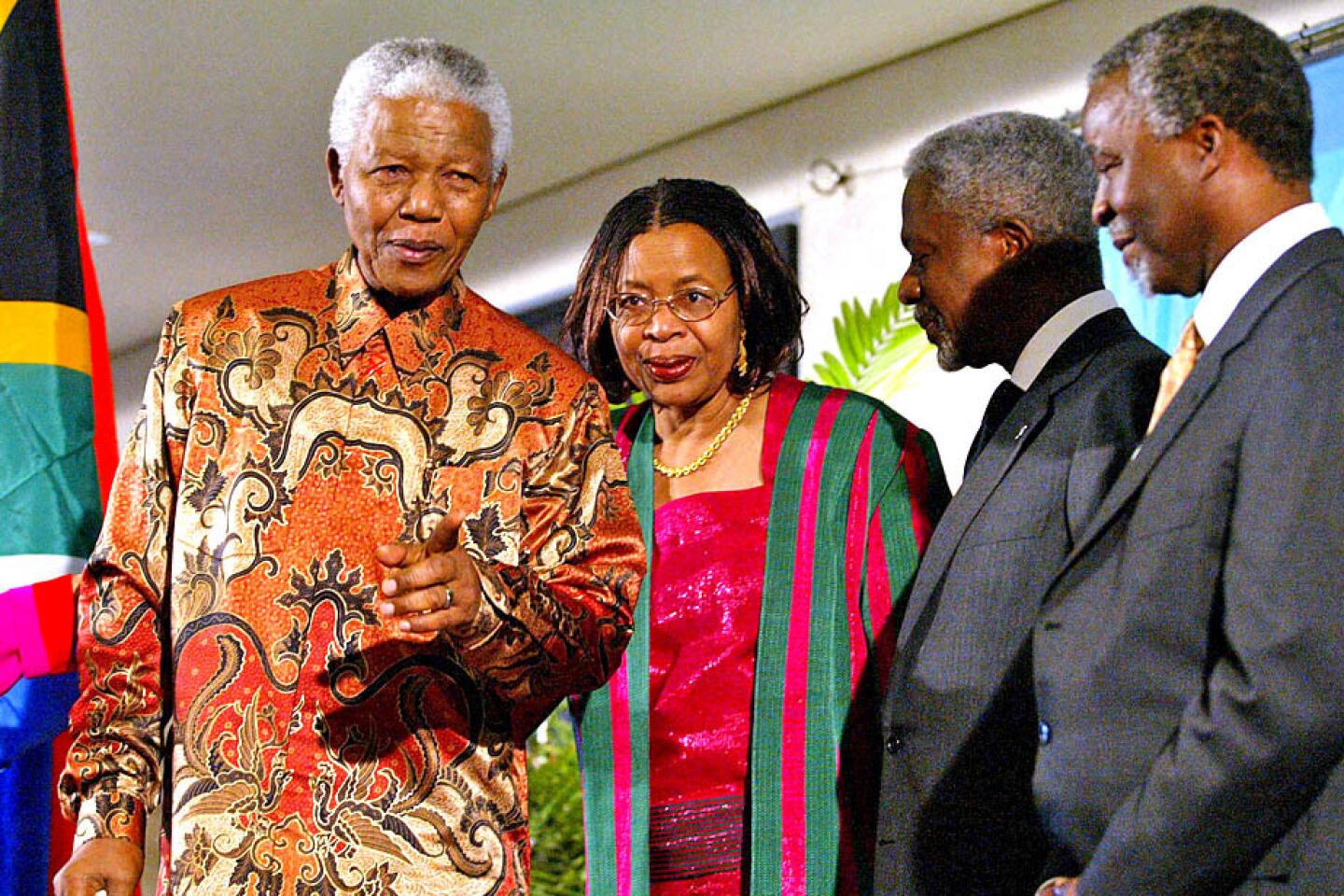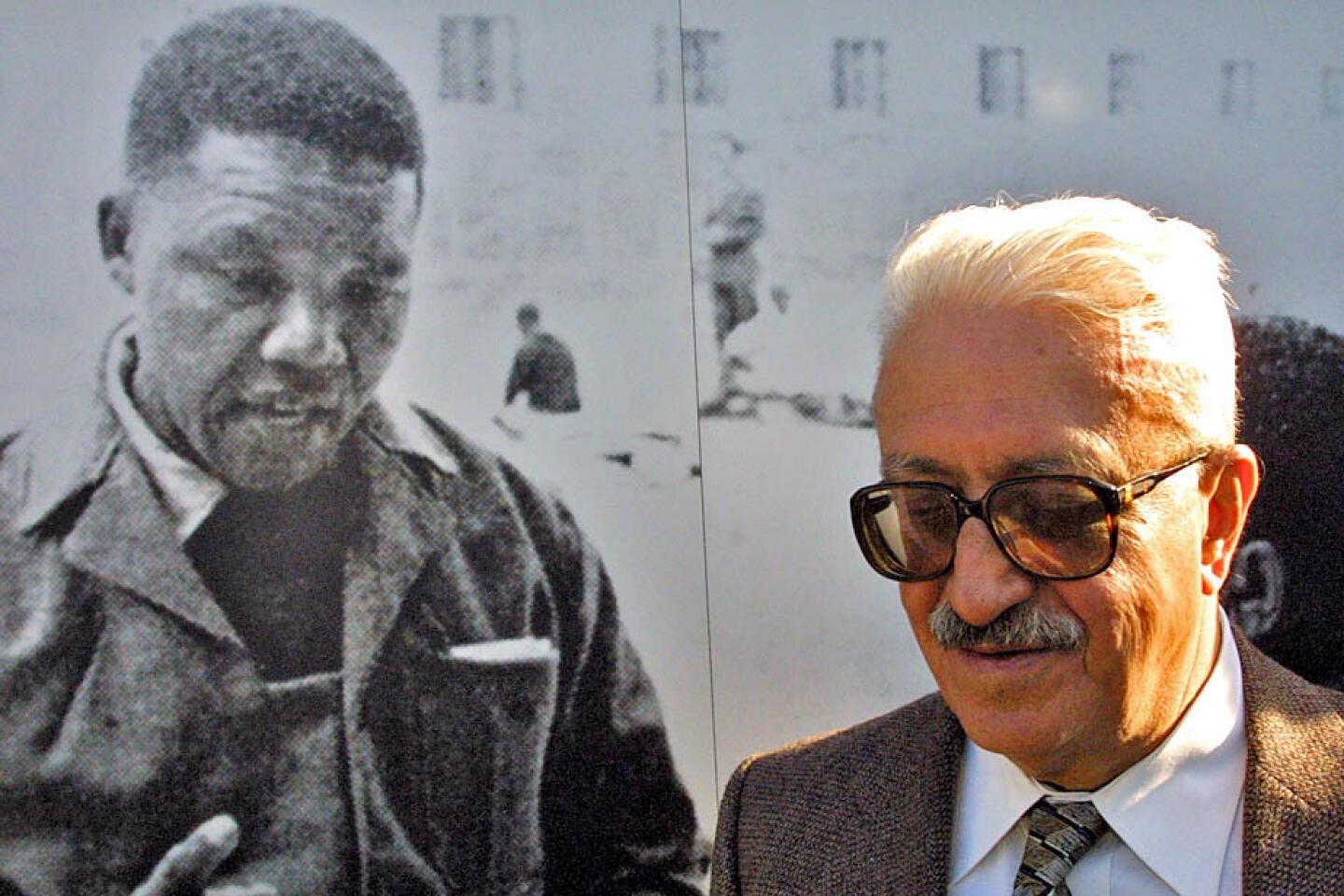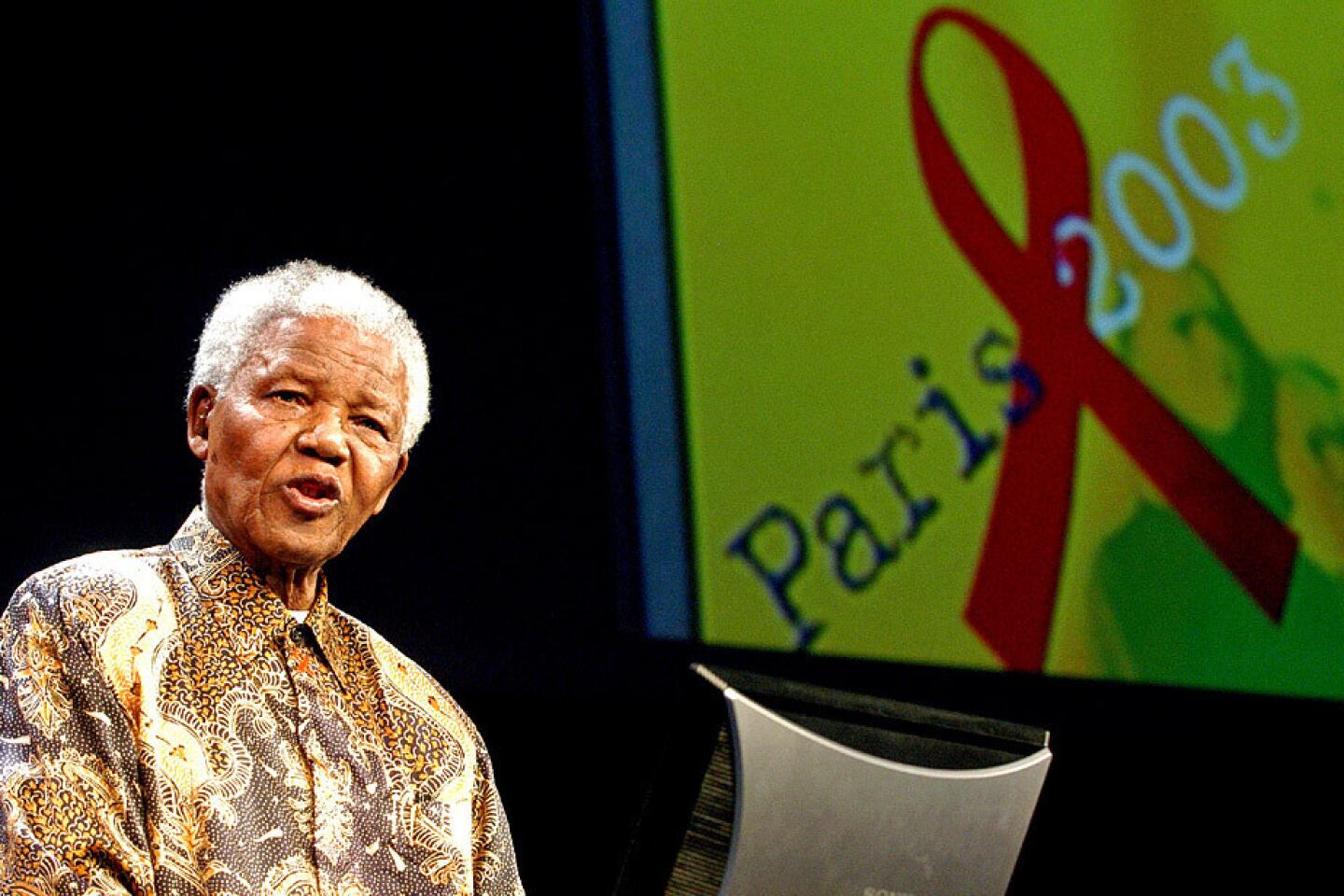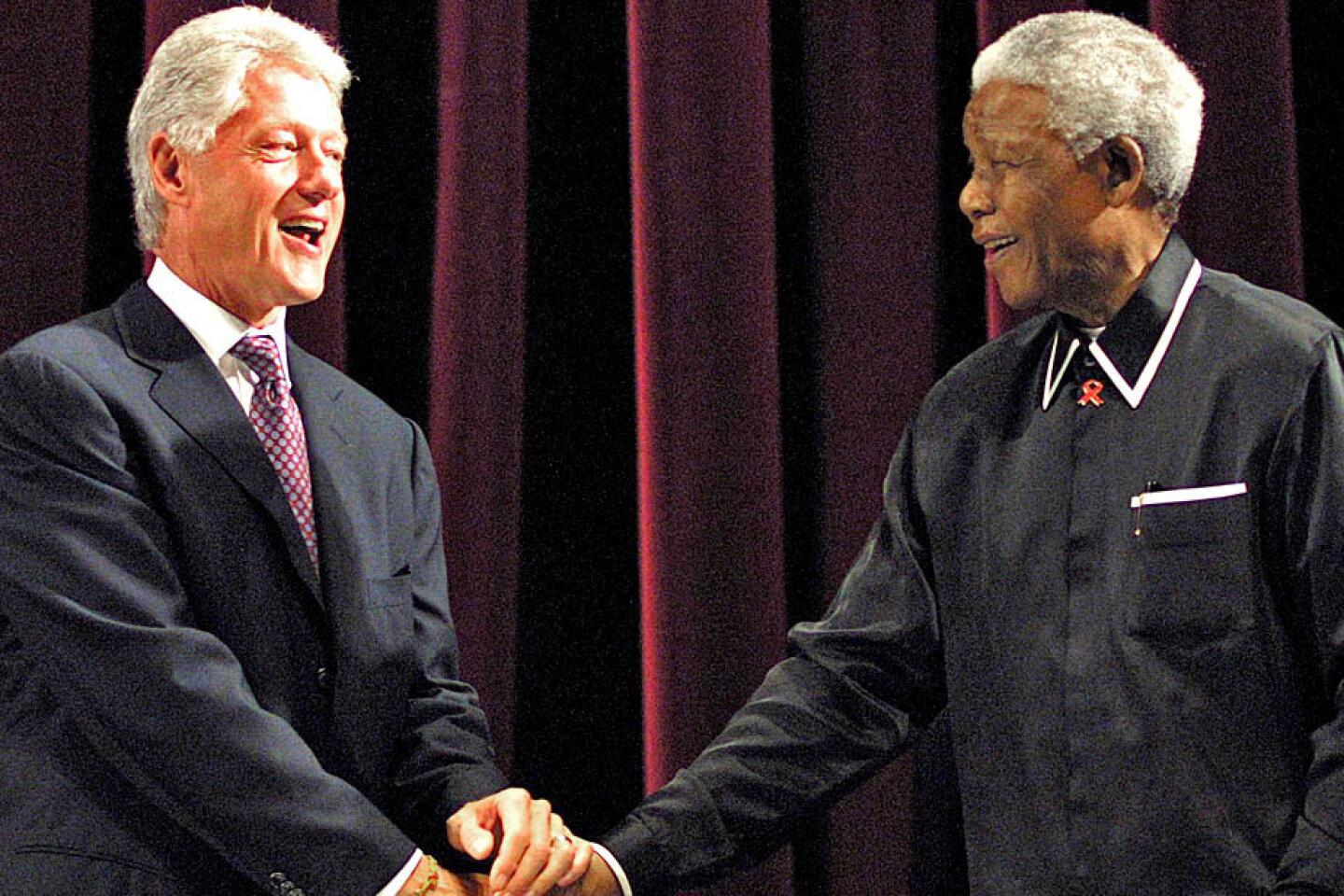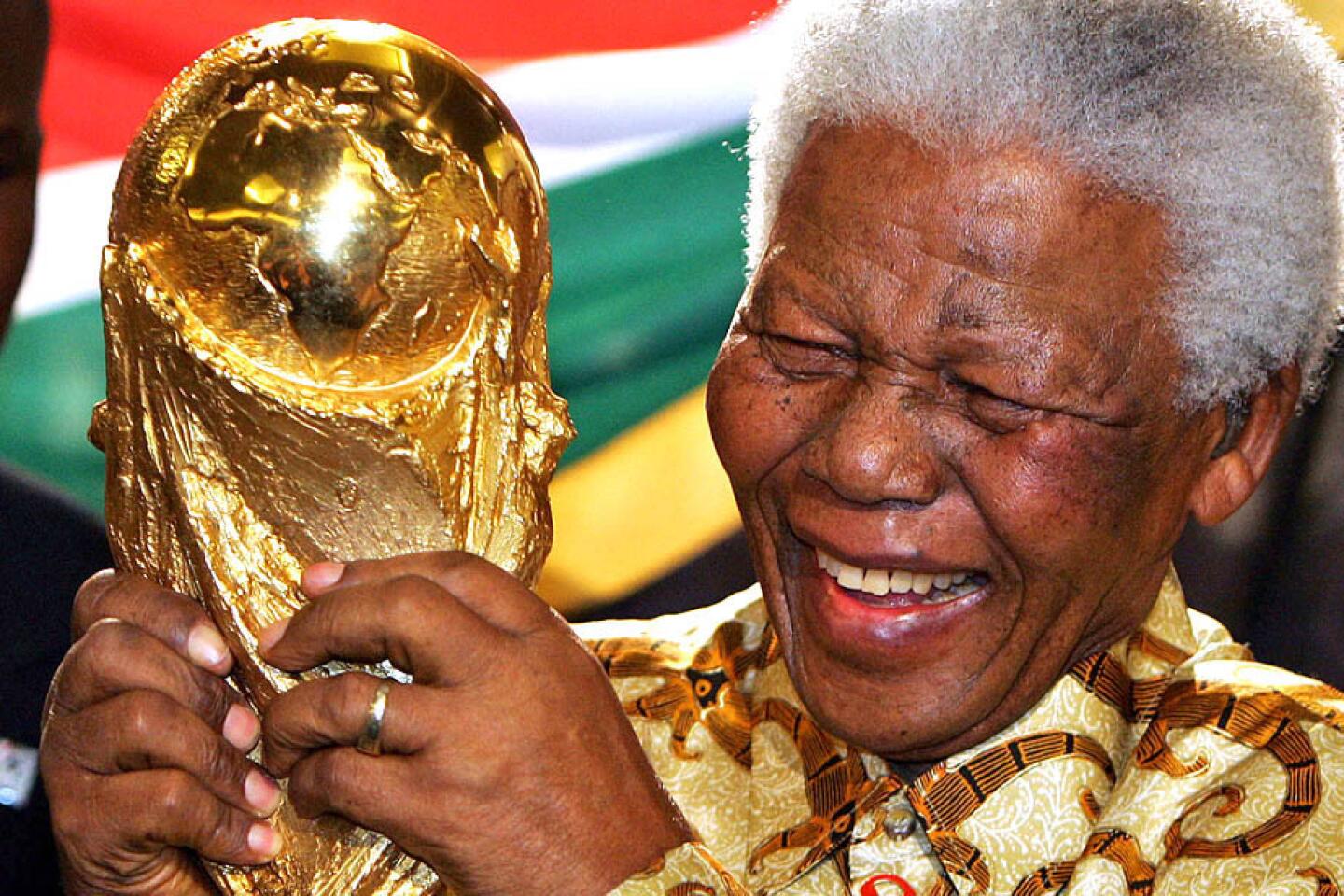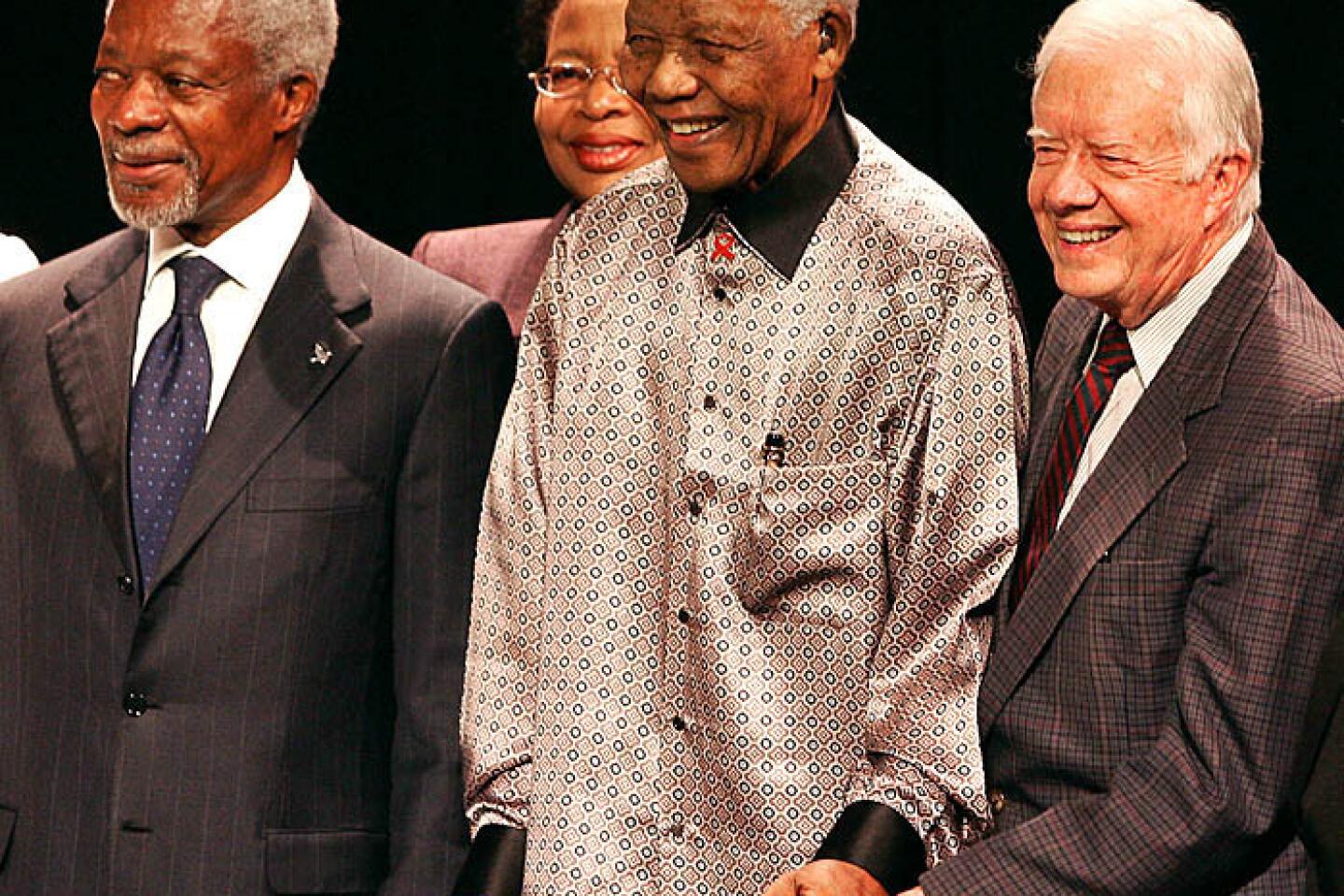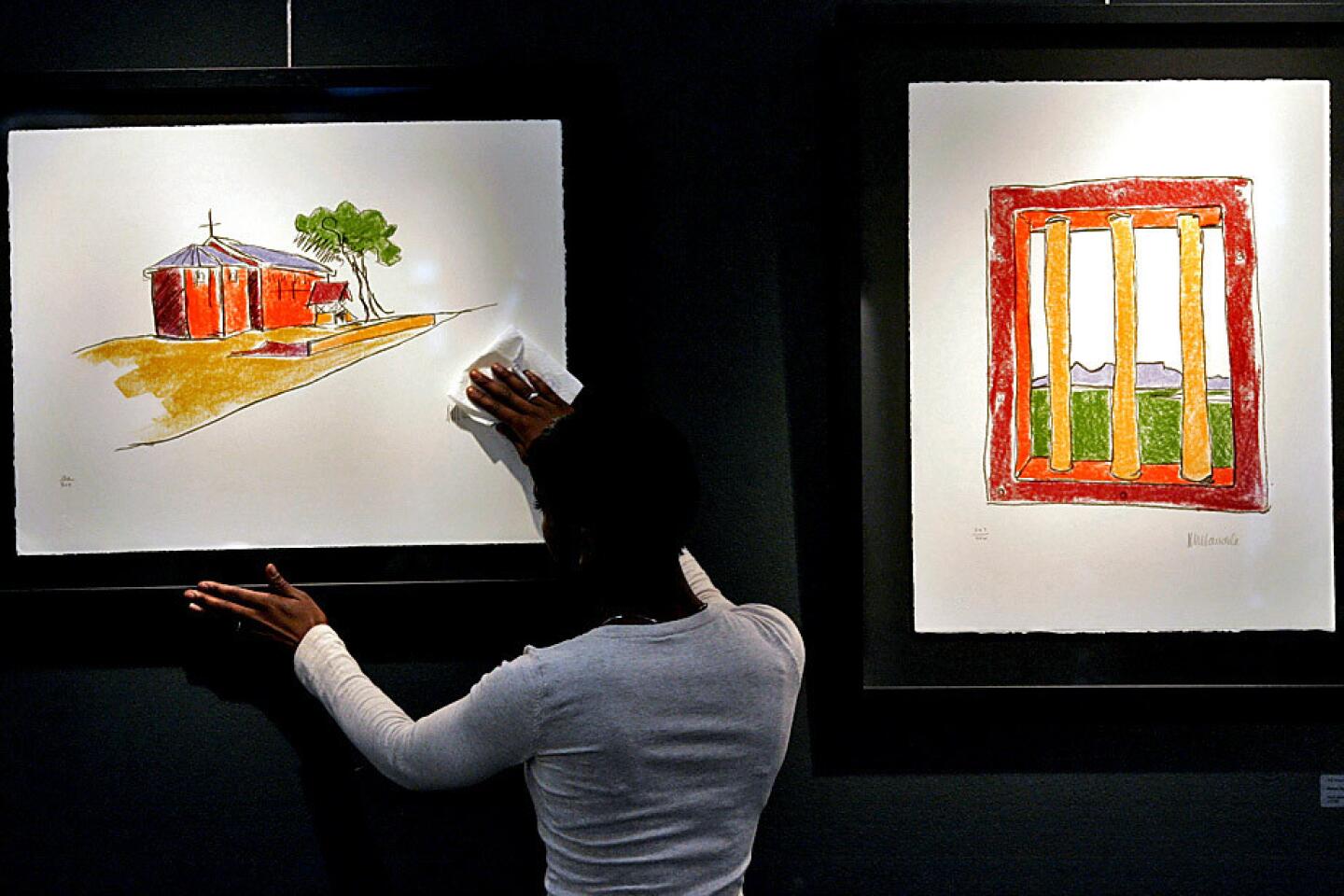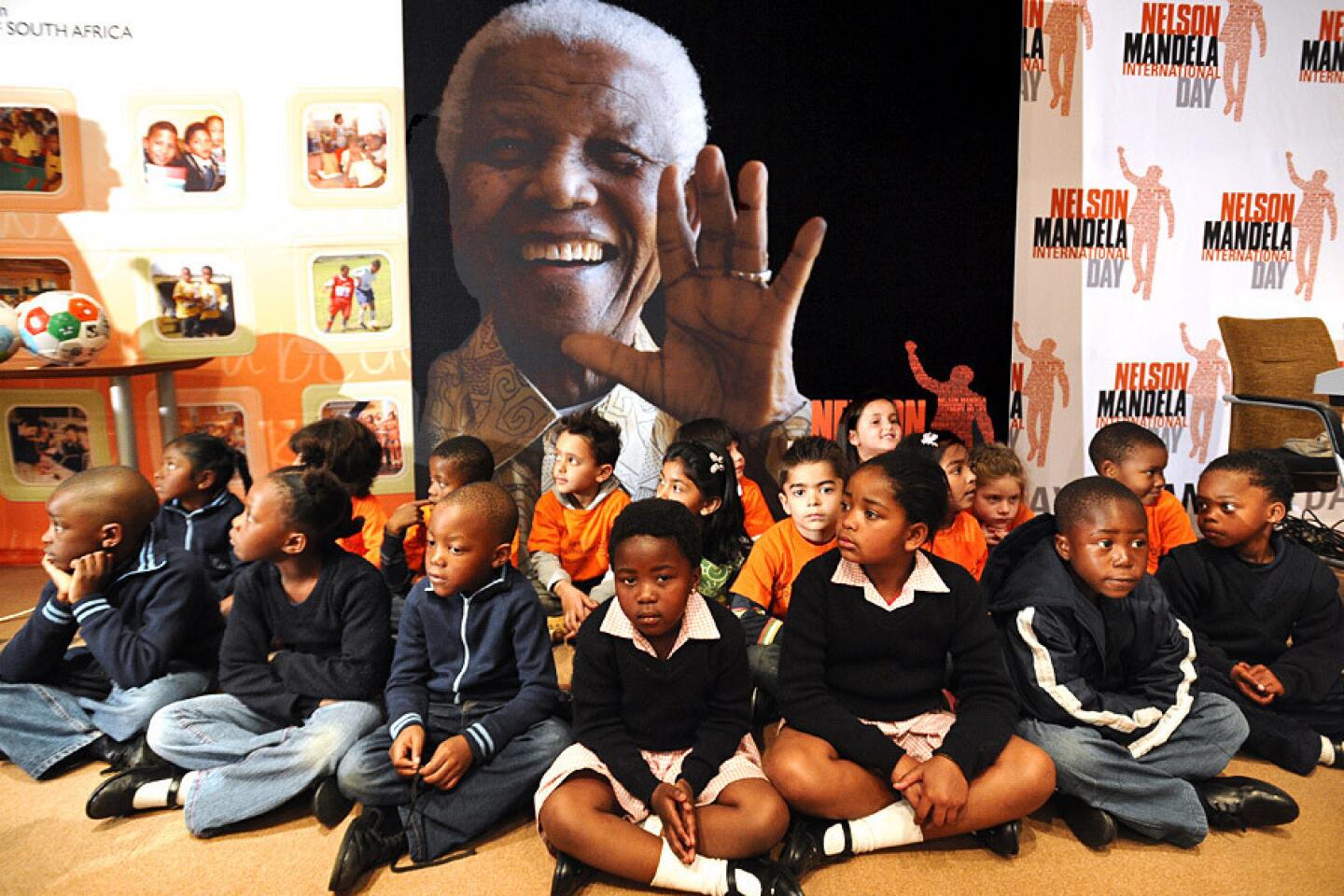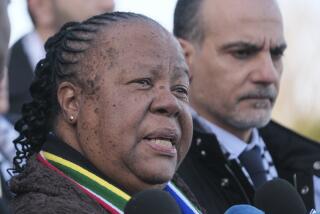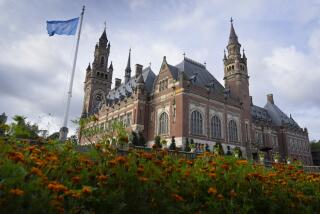With Nelson Mandela gone, many South Africans are questioning the ANC
JOHANNESBURG, South Africa — Nelson Mandela, cushioned in the comfortable blur of old age, never knew much about the scandals and corruption that have engulfed the party he believed in and its leader, President Jacob Zuma.
What would the old man have thought?
Rather than sailing into next year’s elections in a sentimental fog of Mandela nostalgia, the African National Congress is finding that its mythologizing of Mandela has left many voters anxious and uncomfortable with the lack of a Mandela-style figure to lead the country out of its problems of mass unemployment and poor education and health services.
Zuma’s use of state money to build a palatial mansion in his home village of Nkandla — and a police massacre of dozens of striking miners last year — stand in glaring contrast with the ideals of Mandela, whose iconic status is hard to live up to.
“Mandela, when these things happened, he was already not very well. It was not possible for him to talk about these things,” said Andrew Mlangeni, 88, Mandela’s jail mate and confidant on Robben Island, who spent 26 years behind bars for his anti-apartheid activities. “All I can say is if he was well, perhaps he could say something.”
Mlangeni was the first speaker at Tuesday’s memorial service for Mandela, where rowdy ANC members treated the occasion as though it were a party conference, cheering their heroes, but booing Zuma, in a global humiliation that party spokesman Jackson Mthembu admitted “came as a bolt to all of us.”
Many analysts had expected that Mandela’s death would deliver the ruling party a macabre boost in elections next year, predicting the ANC would deck the country out with posters of the late leader, hoping to benefit from one last shot of his “Madiba magic” at a time when the party’s credibility is low.
“One of the consequences of this very long, drawn-out memorial is that people are measuring the behavior of the current leadership with the ideal of Mandela,” said analyst Mark Gevisser. “No one can compare favorably with that kind of hagiography.
“I cynically assumed that Mandela’s death would be ‘good’ for the government in electoral terms because people would turn out in their droves to vote for the party,” Gevisser said. “What one woman said to me is, ‘It’s the opposite, because what Mandela’s death has caused us all to remember [is] what was so great about him and therefore how far our leaders have fallen.’”
The public humiliation of Zuma at the memorial service in front of leaders from around the world was shocking, and started a ripple effect. In the queue to see Mandela’s body lying in state in Pretoria, people chimed in with criticism.
“When Zuma talks about the good that Madiba did, but fails to emulate Madiba himself, let alone coming close to that, he deserved what came his way,” Malphia Honwane of Manyeleti said in a letter to the mass-circulation Daily Sun, referring to Mandela by his clan name. “The people are disappointed with the current crop of leaders to such an extent that they can’t hold back their anger.”
Opposition leaders say the booing indicates that Mandela’s death has given voters, who for years cast their ballots for the ANC out of deference to him, “permission” to vote for the opposition.
Mamphela Ramphele, leader of opposition party Agang, said Zuma’s speech sounded like an address to party members, and “the booing of the president by members of the ANC speaks to their discontent with him, his conduct as president and his personal conduct — as much as for me it was an embarrassment that the president of South Africa was booed in the presence of heads of state from so many countries.”
“You cannot expect the people of South Africa to respect the office of the president when the president and governing party do not,” she said.
But analyst Gevisser said that South Africans have often expressed anger and dissatisfaction in interviews before elections, only to go ahead and vote for the party.
“It’s almost part of election season for people to talk about how dissatisfied they are,” he said, “and it does not necessarily translate into how they vote.”
Although he predicted no threat to Zuma’s leadership, he said the president’s credibility had taken a serious blow.
“I don’t think he’s finished,” the analyst said, “but he’s severely compromised, and compromised on the world stage as well.”
The most tangible symbol of disillusionment with Zuma is the mansion he built for himself, which has aroused both envy and contempt. Many South Africans mutter darkly about his lifestyle and the fact that he has many wives.
An analogy that often comes up, speaking to South Africans about Mandela’s death, is a family that loses its way after losing the head of the household.
“People do not respect our current president the way they used to respect Madiba,” said Irene Makitla, 33, who got up at 5 a.m. and waited hours Thursday to view Mandela. “We are so afraid, we are asking ourselves what is going to happen after this. Before, people were doing things because they honored and respected Madiba, but we don’t know what people might do next.
“It’s like in a house there is a mother or father keeping the law. When the mother or father is not around, people start playing around.”
Mandela had played no political role since his endorsement of Zuma before elections in 2009. The ANC kept him alive in politics by constantly invoking his name and using his image. In April, Zuma and ANC figures visited a frail, apparently disoriented Mandela, snapping photos with a flash, drawing condemnation from Mandela’s ex-wife, who said it was insensitive and compromised Mandela’s dignity.
Lifelong ANC supporter Tyson Mbanjwa, 38, said Zuma’s conduct would have tested Mandela’s support for him had the former president been aware of what was going on in his twilight years.
“I think we need a change of leadership because we didn’t see any change with him [Zuma] as leader. I think even Mandela would [have liked] to change Zuma, because he doesn’t listen to others. They were booing him because they need a change of leadership,” Mbanjwa said.
Gevisser said the contrast between Zuma and Mandela doesn’t mean the public will reject the ANC in next year’s election, but it means that some South Africans have edged closer to the day when they would change their vote.
He said the positive thing coming out of the grief over Mandela is dialogue in the ANC about how the party had lost its values and how to recover them.
Yet there is nobody who could inherit the Mandela mantle. “The leadership vacuum is really profound,” Gevisser said.
More to Read
Start your day right
Sign up for Essential California for news, features and recommendations from the L.A. Times and beyond in your inbox six days a week.
You may occasionally receive promotional content from the Los Angeles Times.
